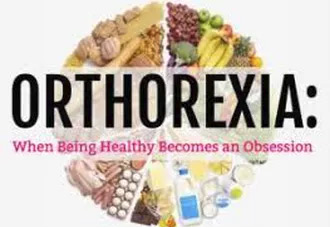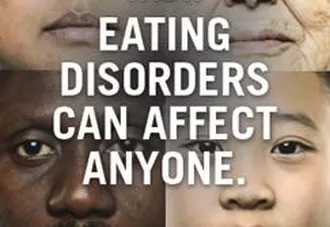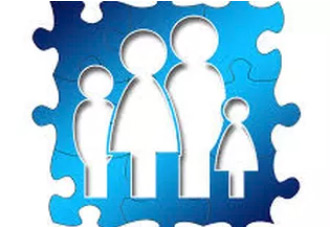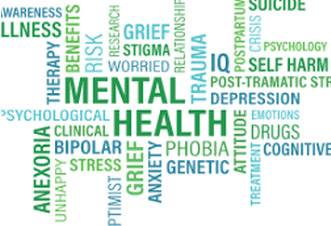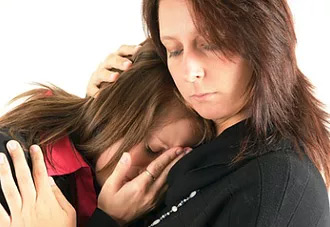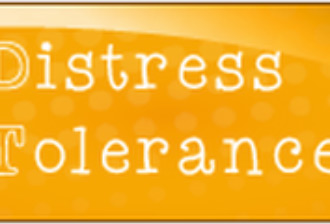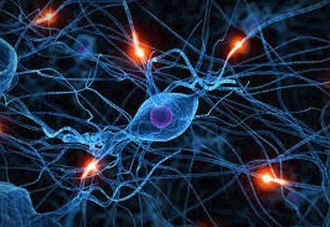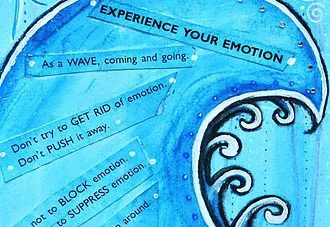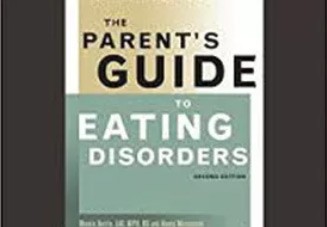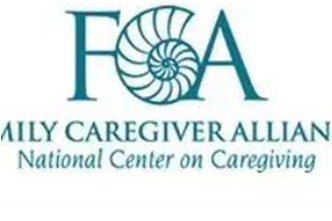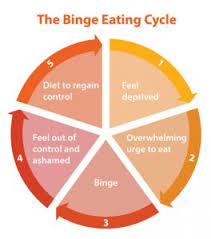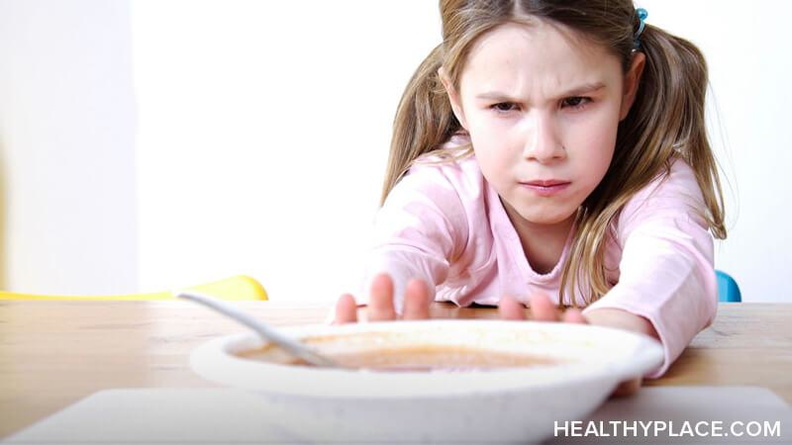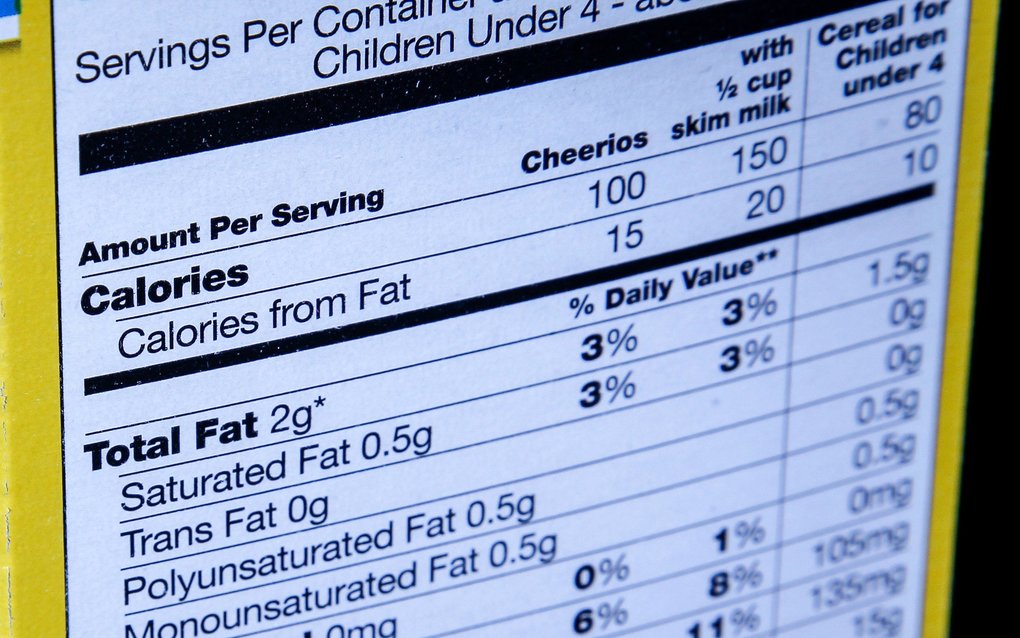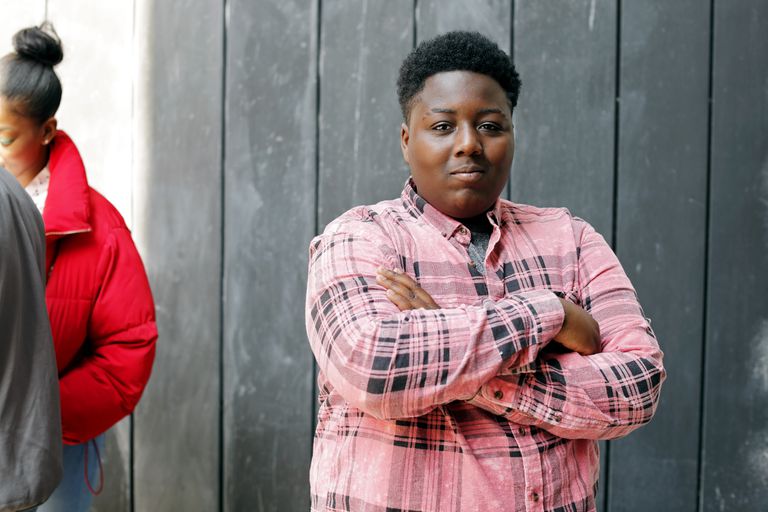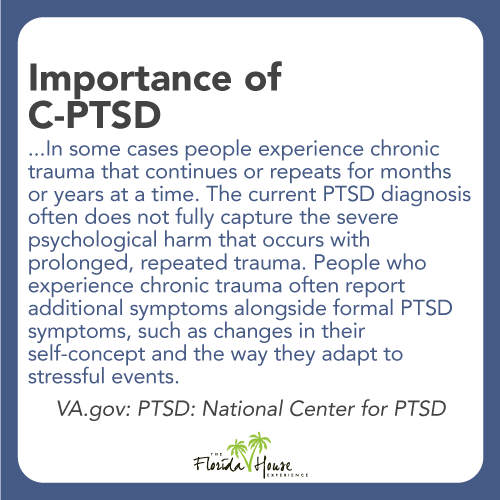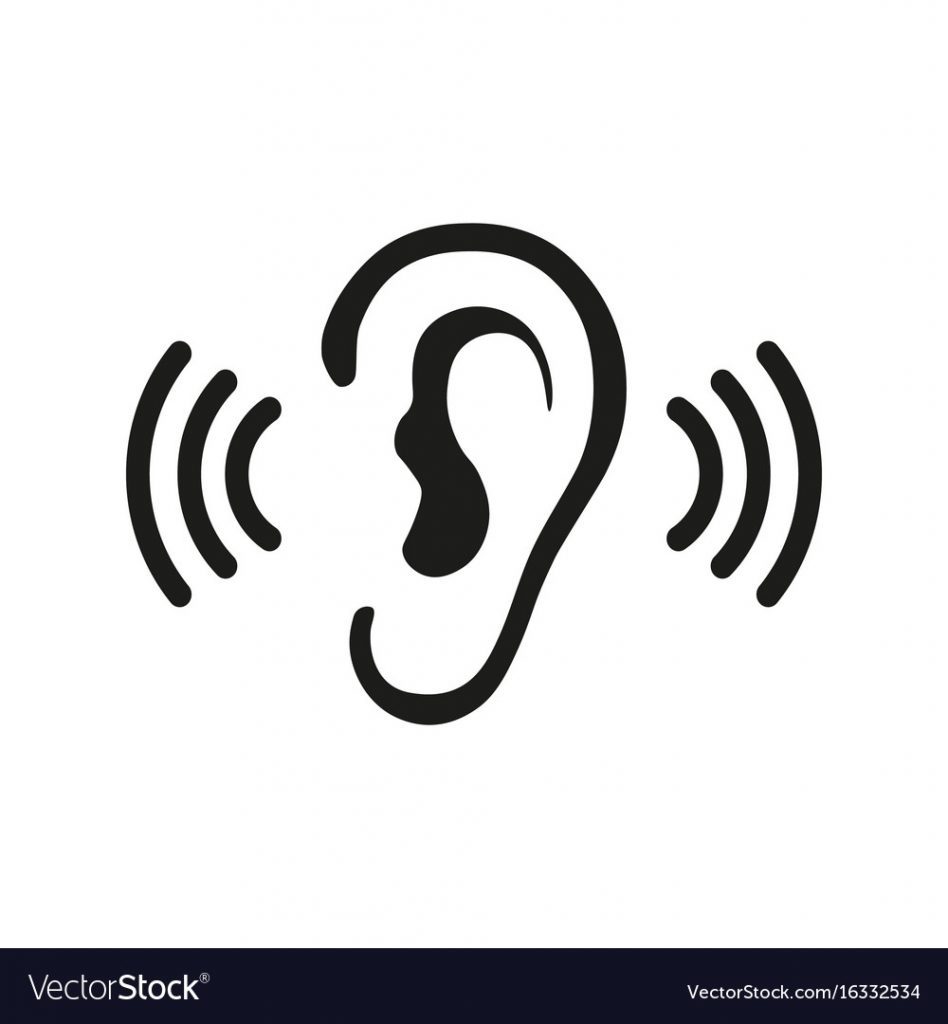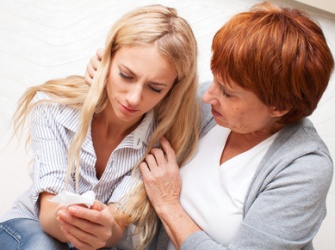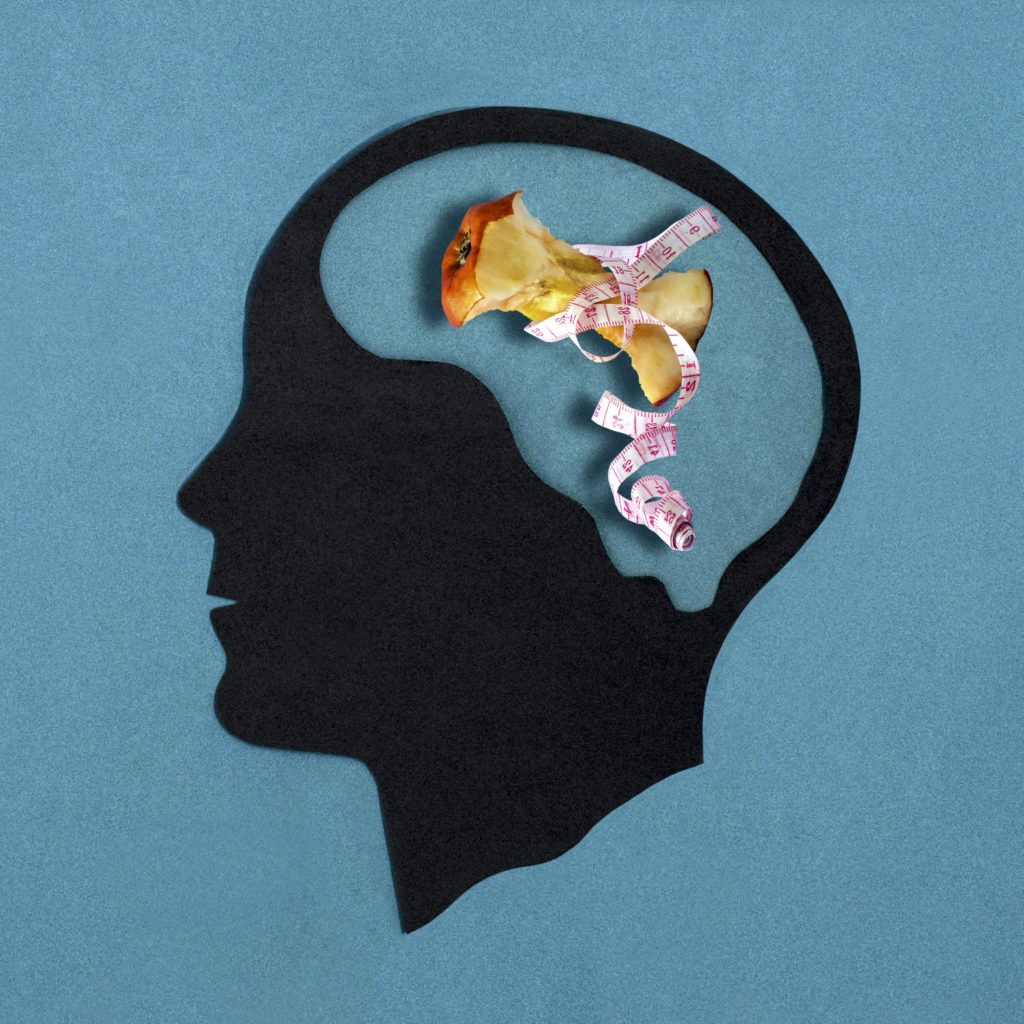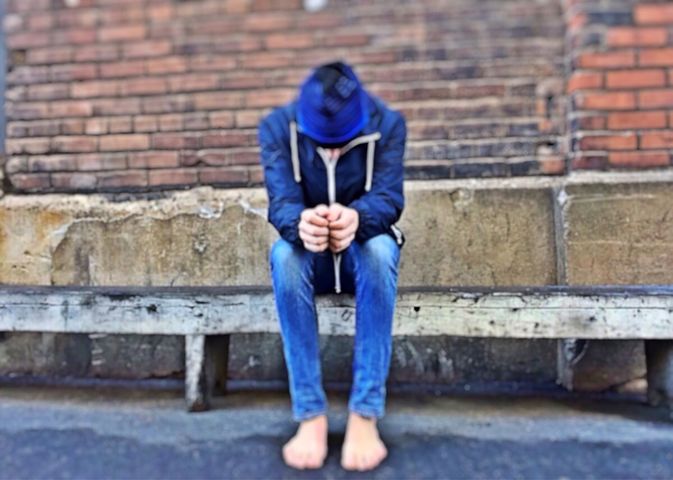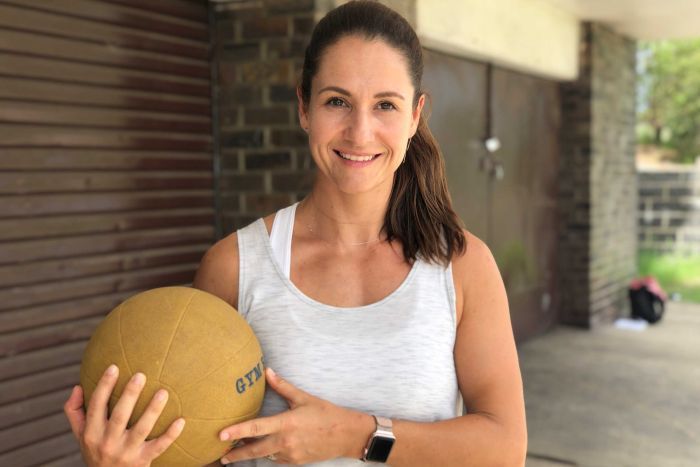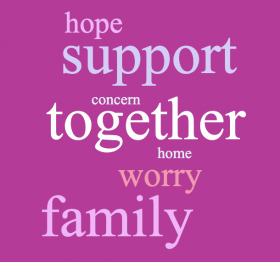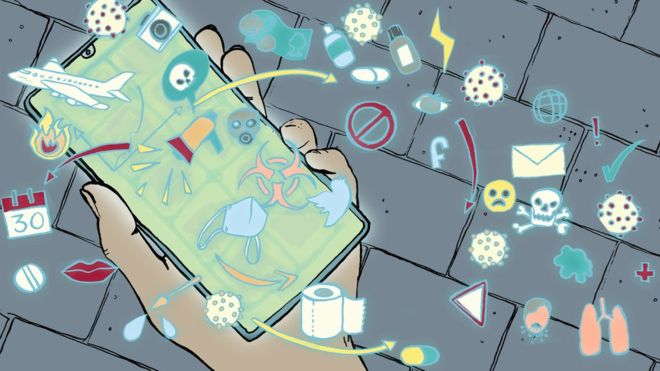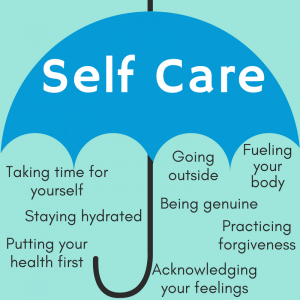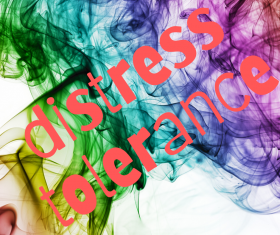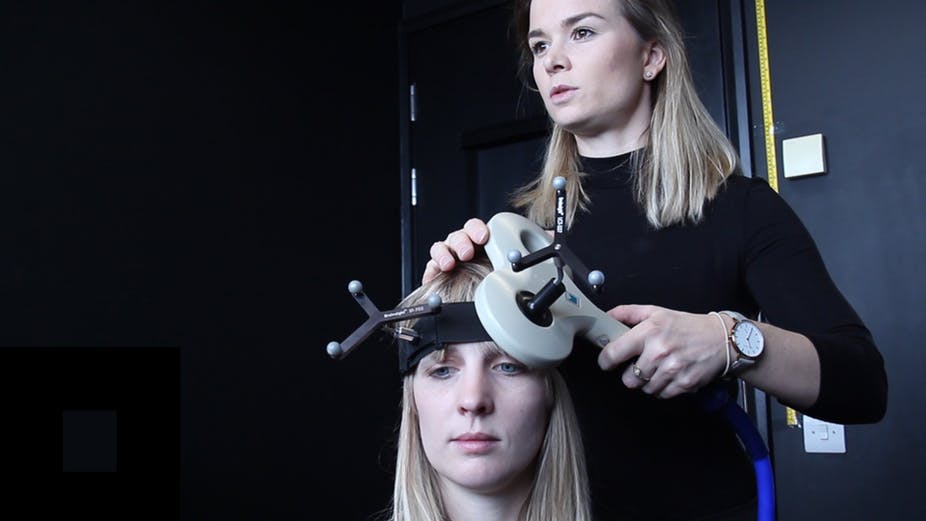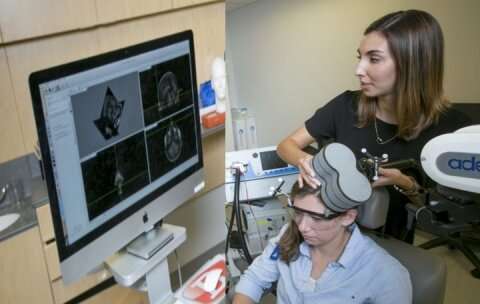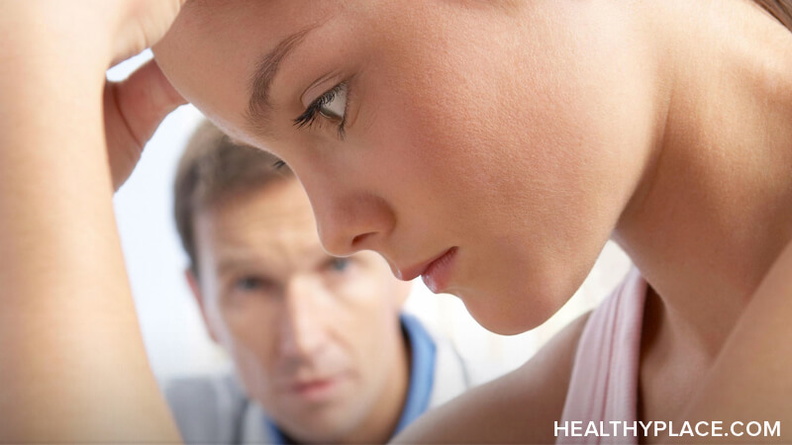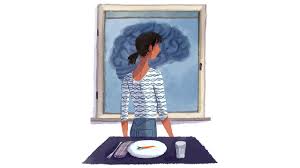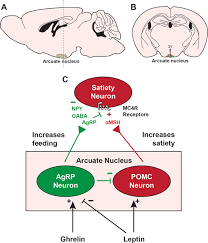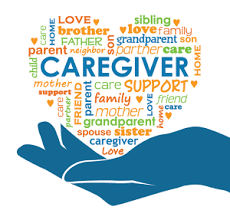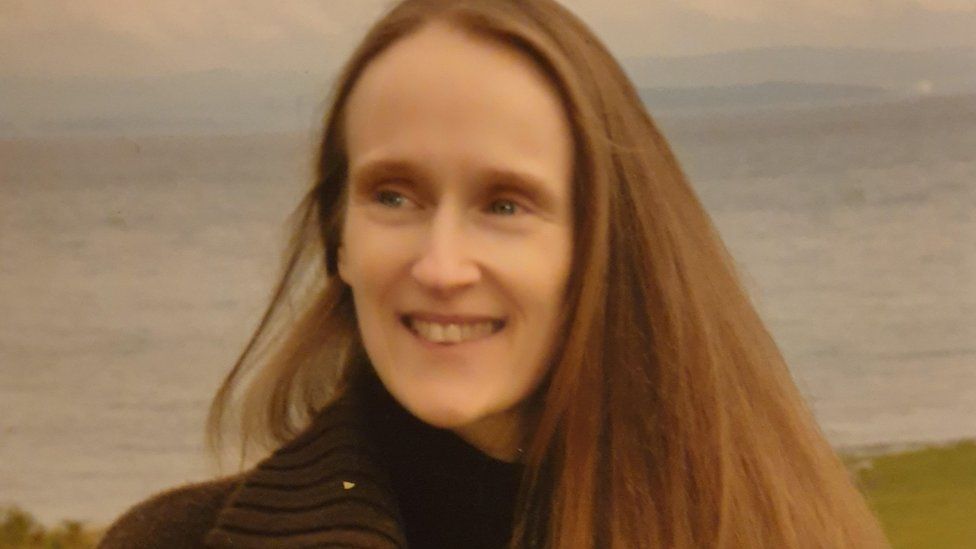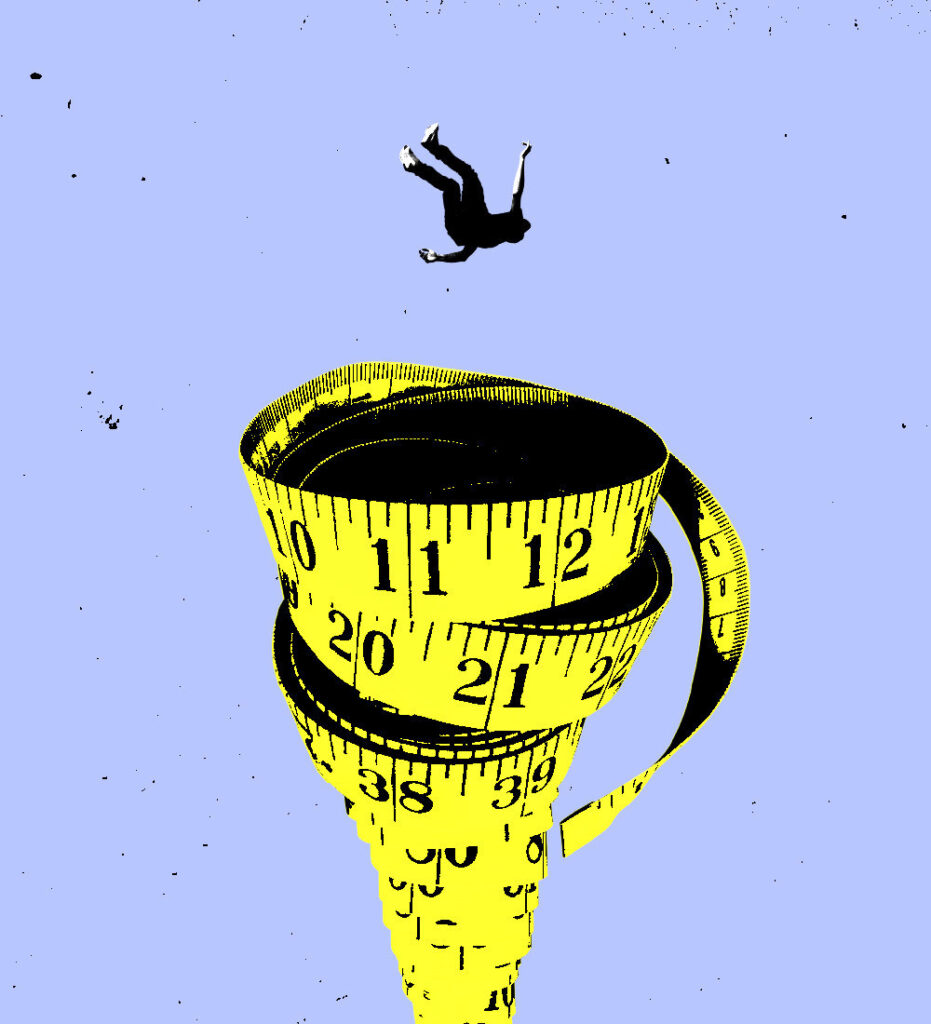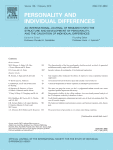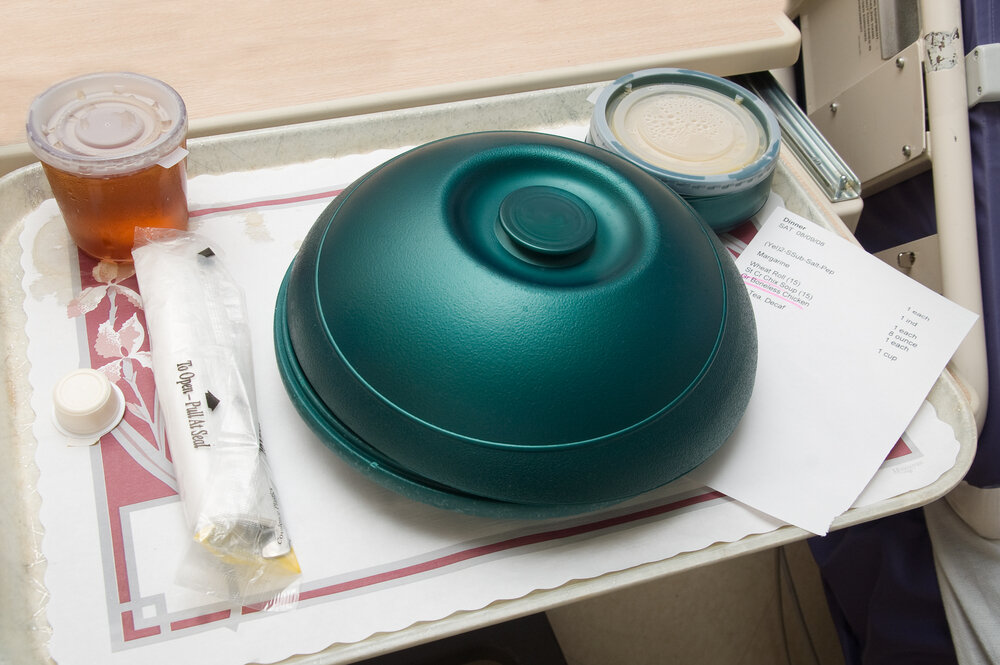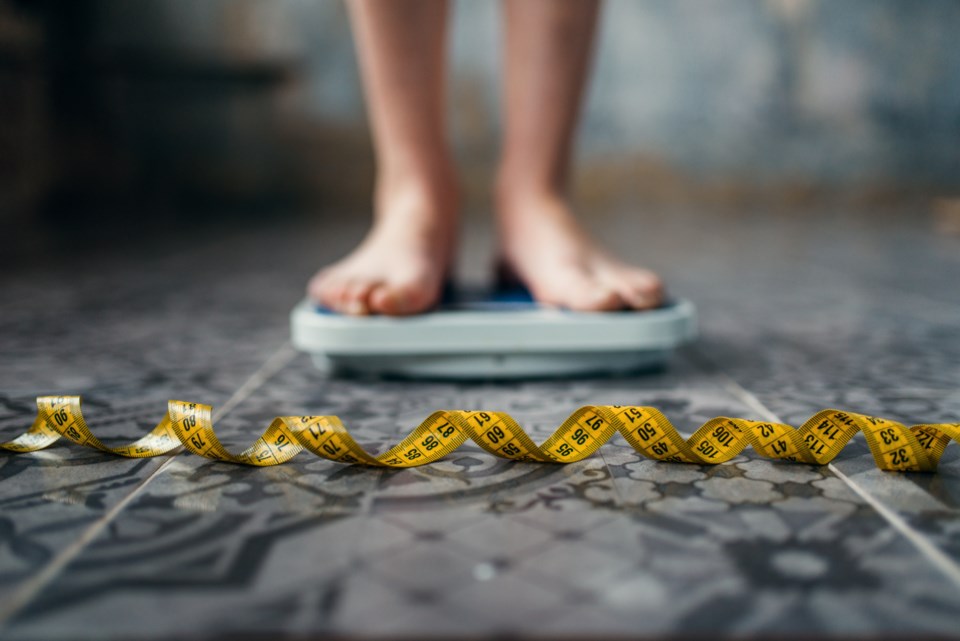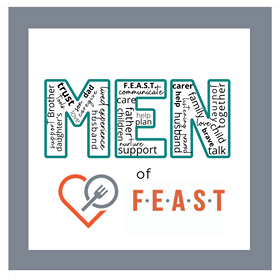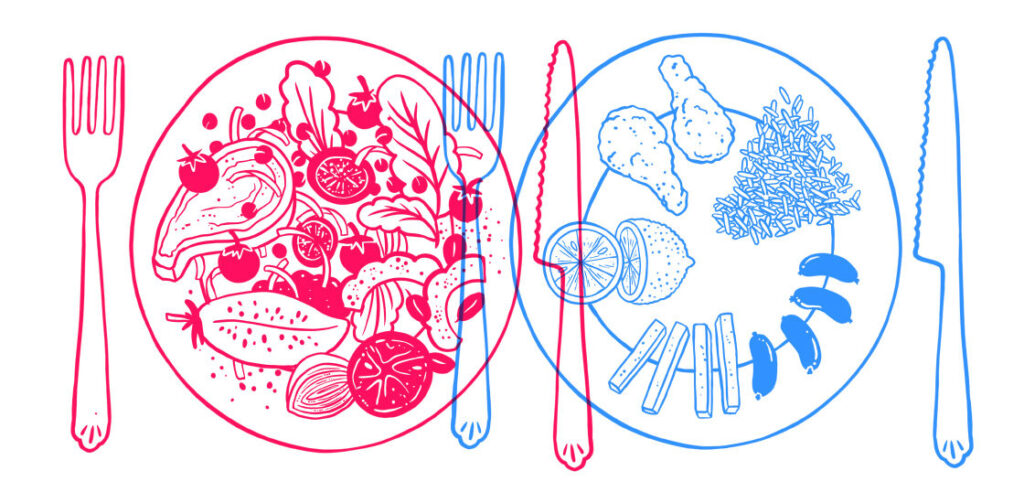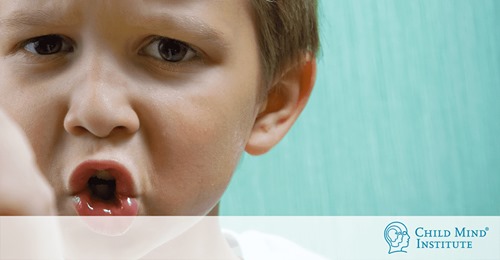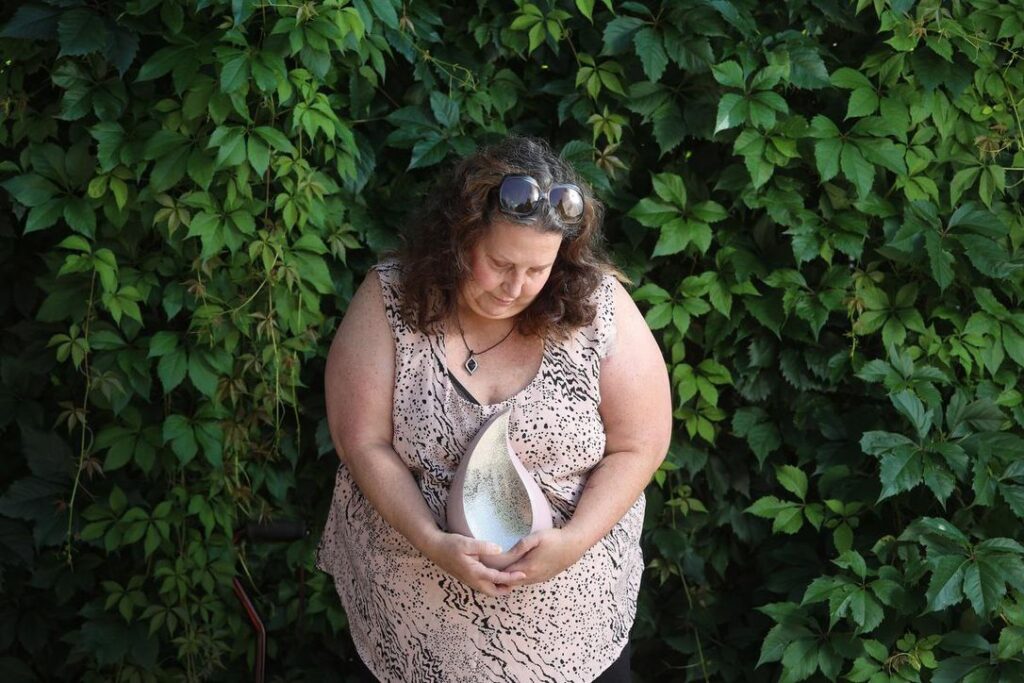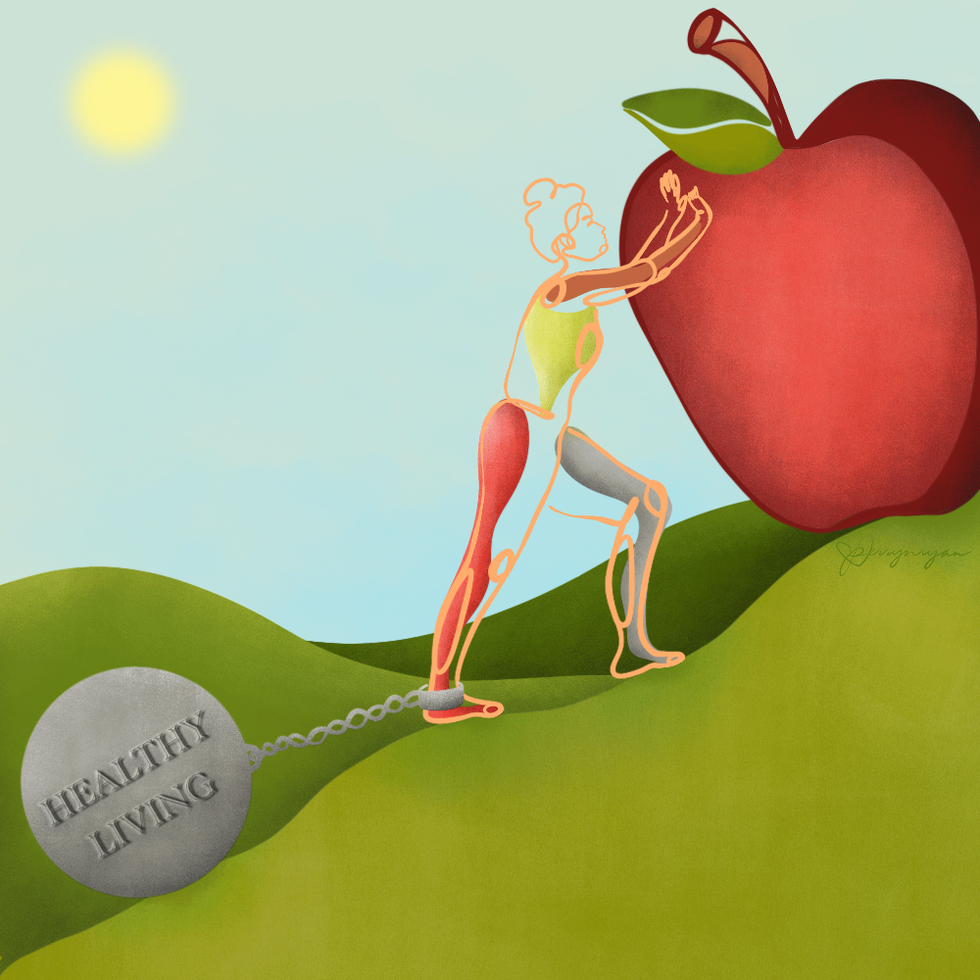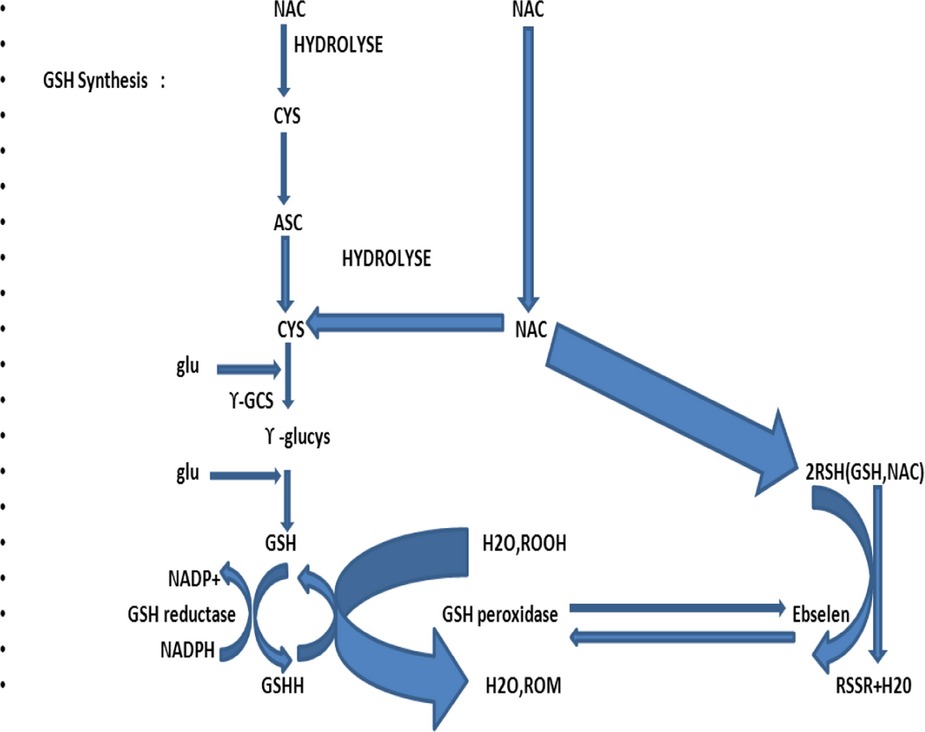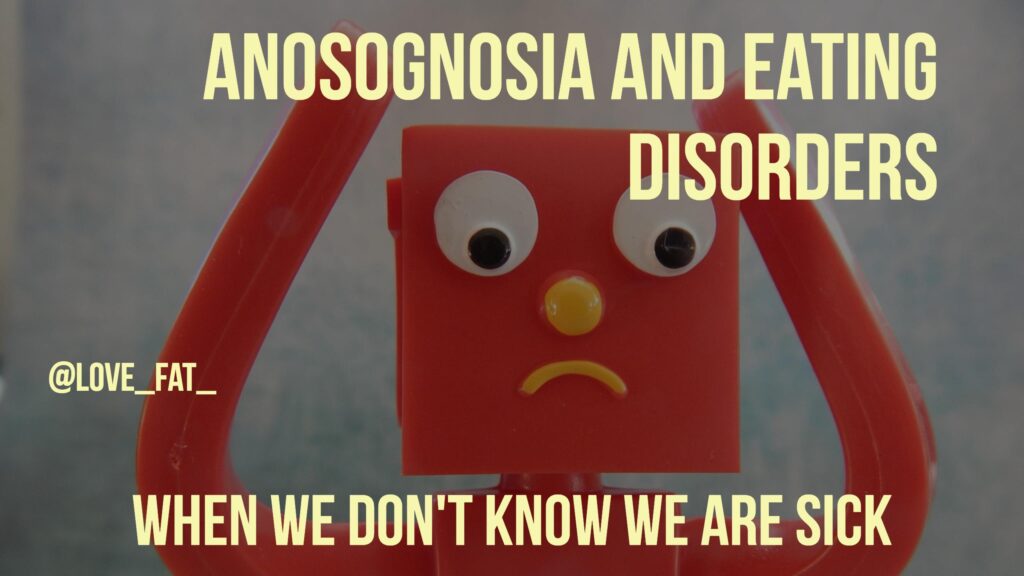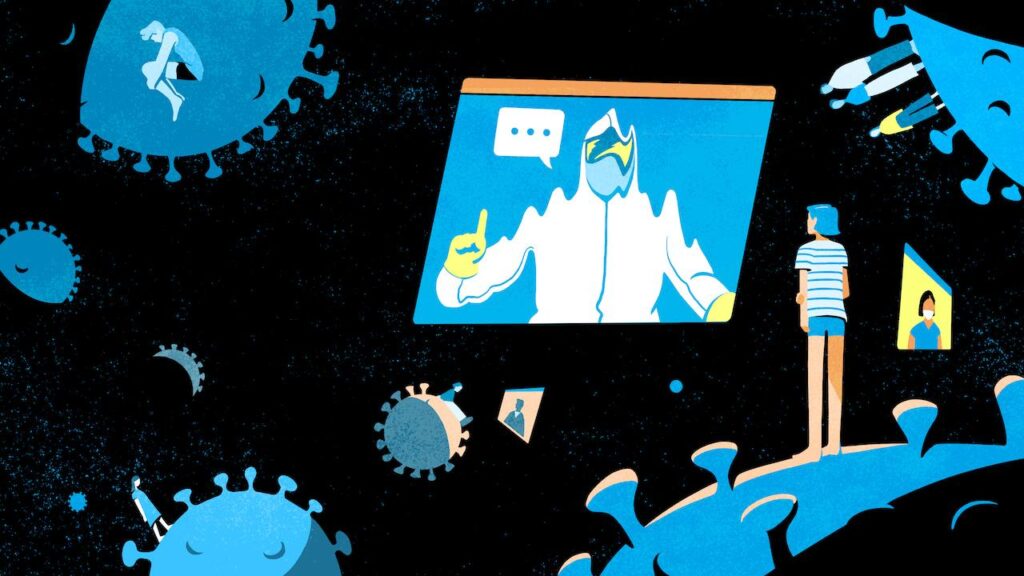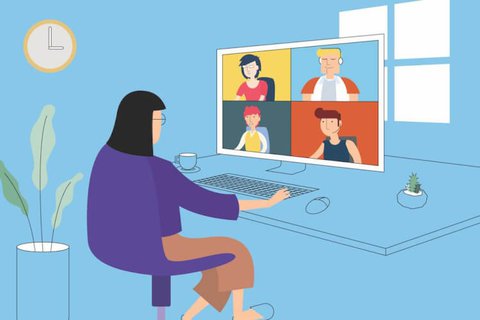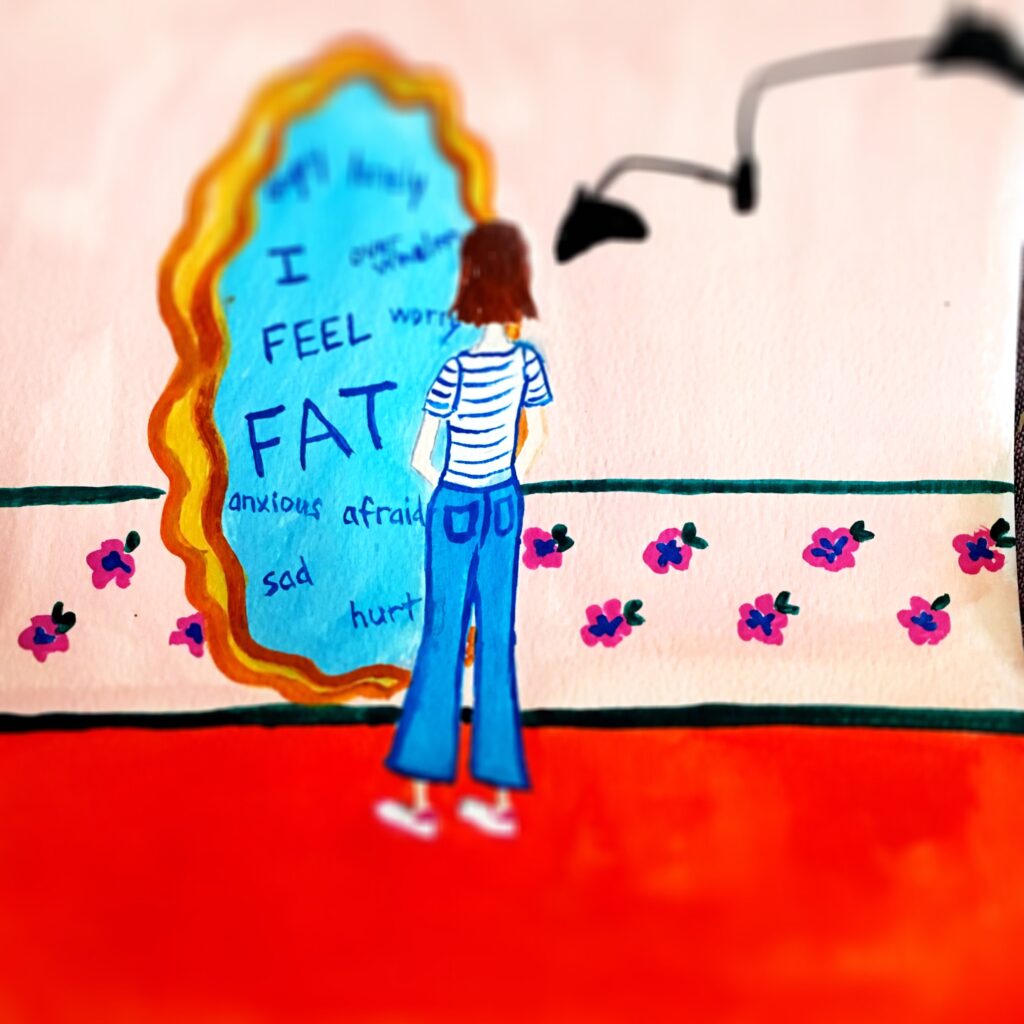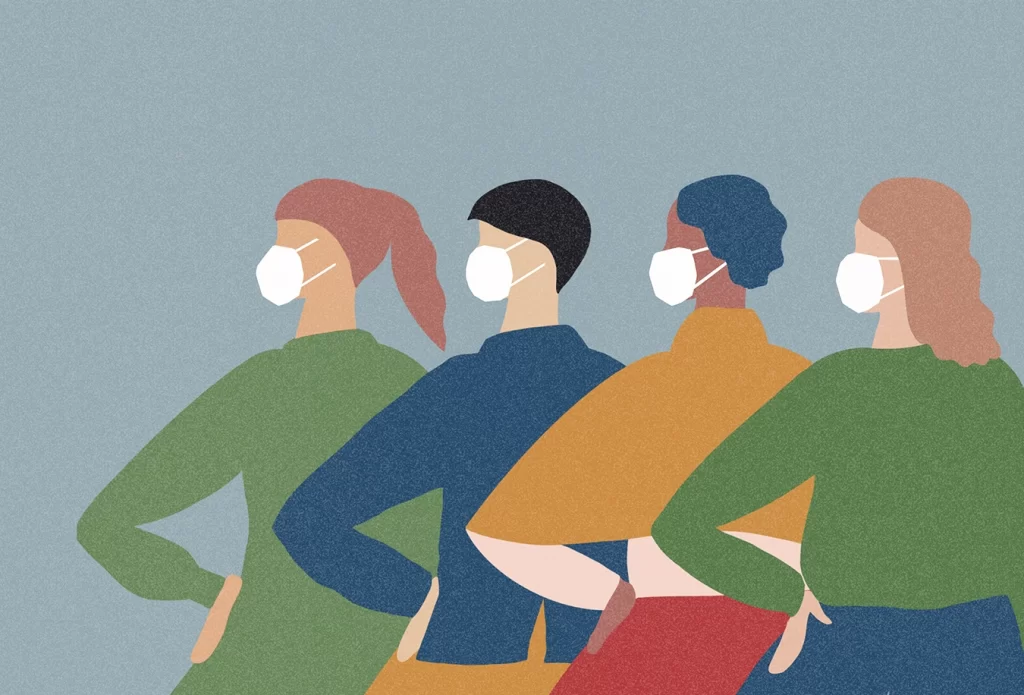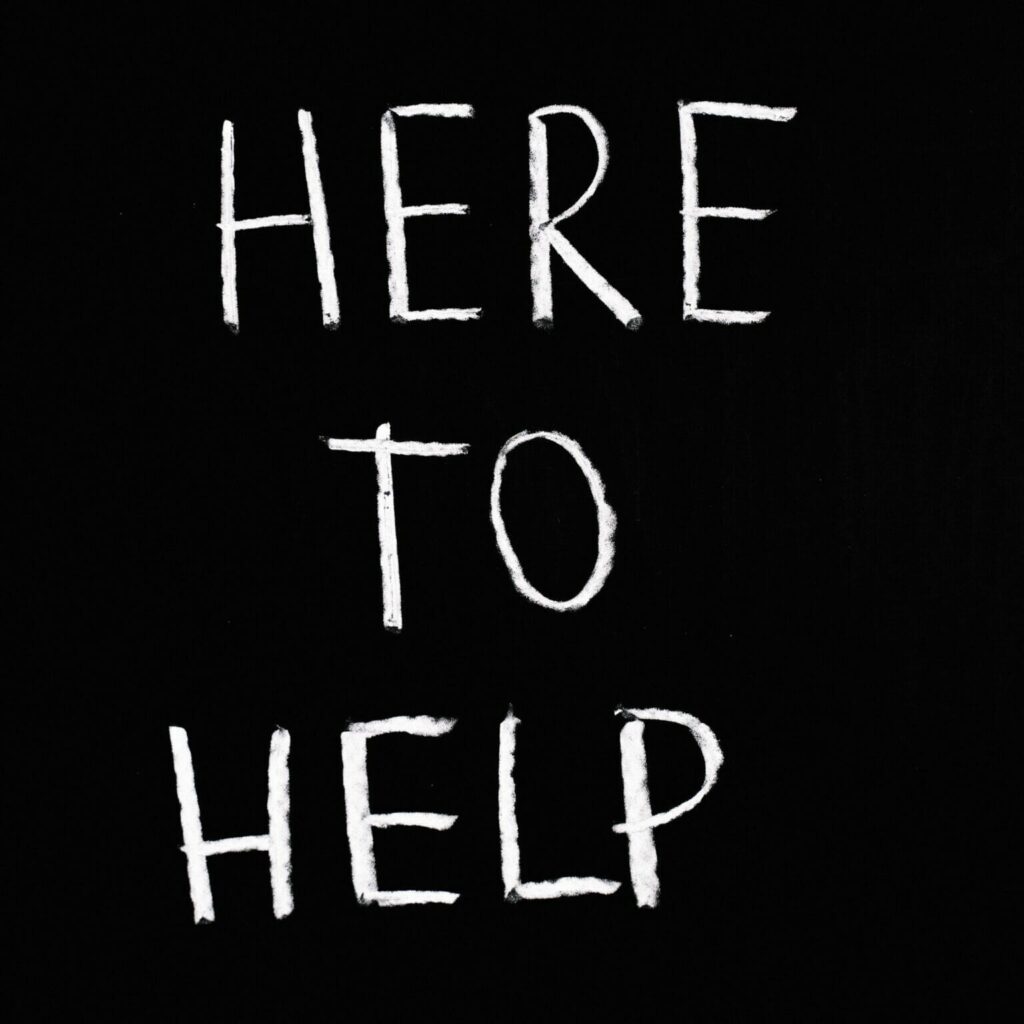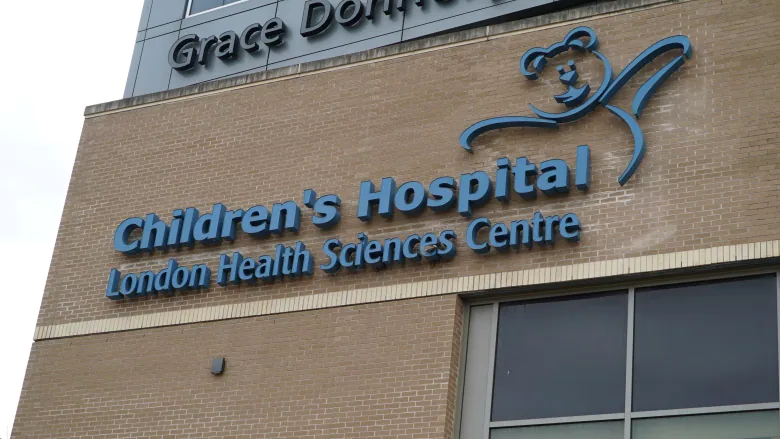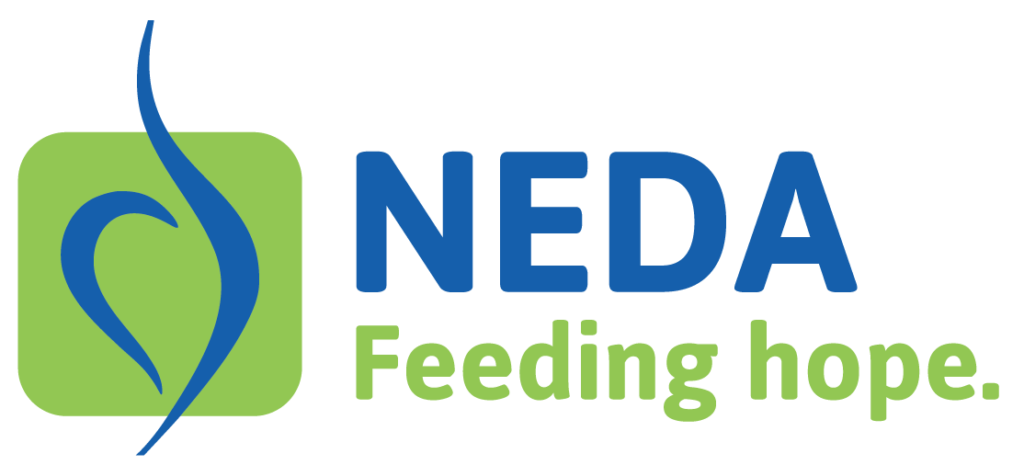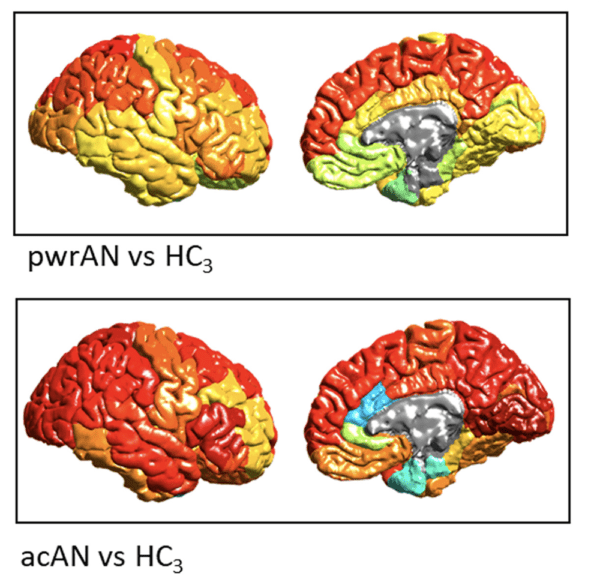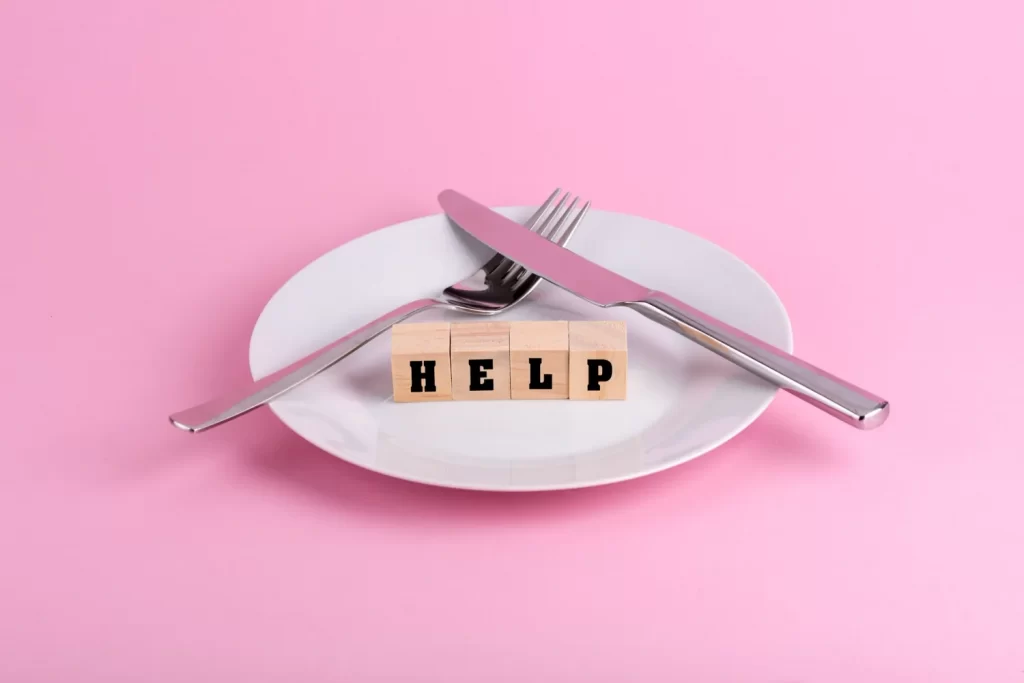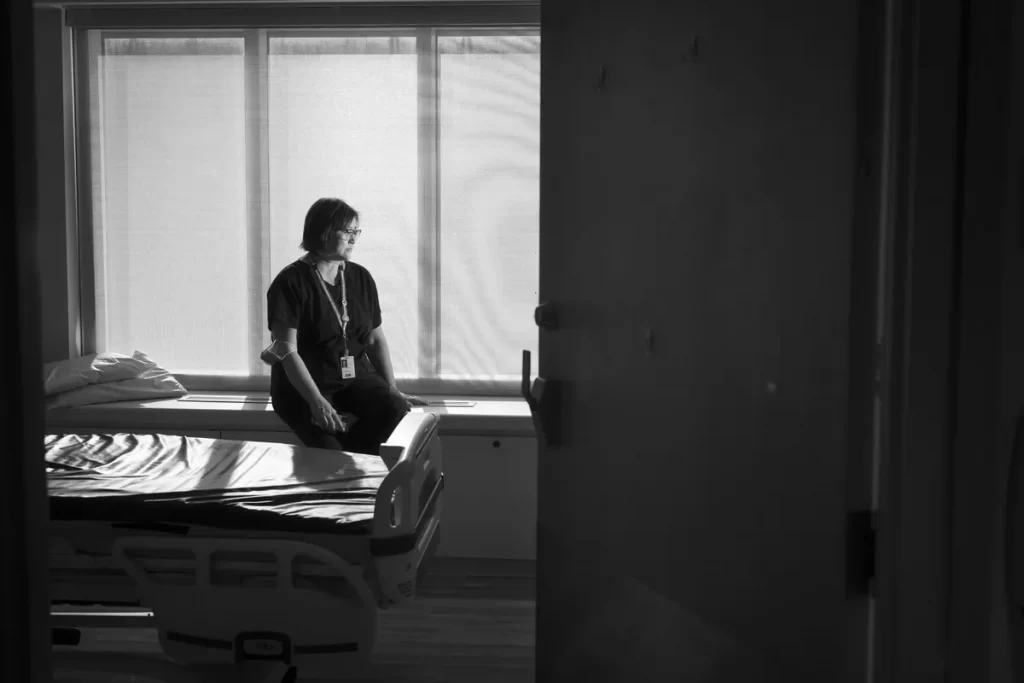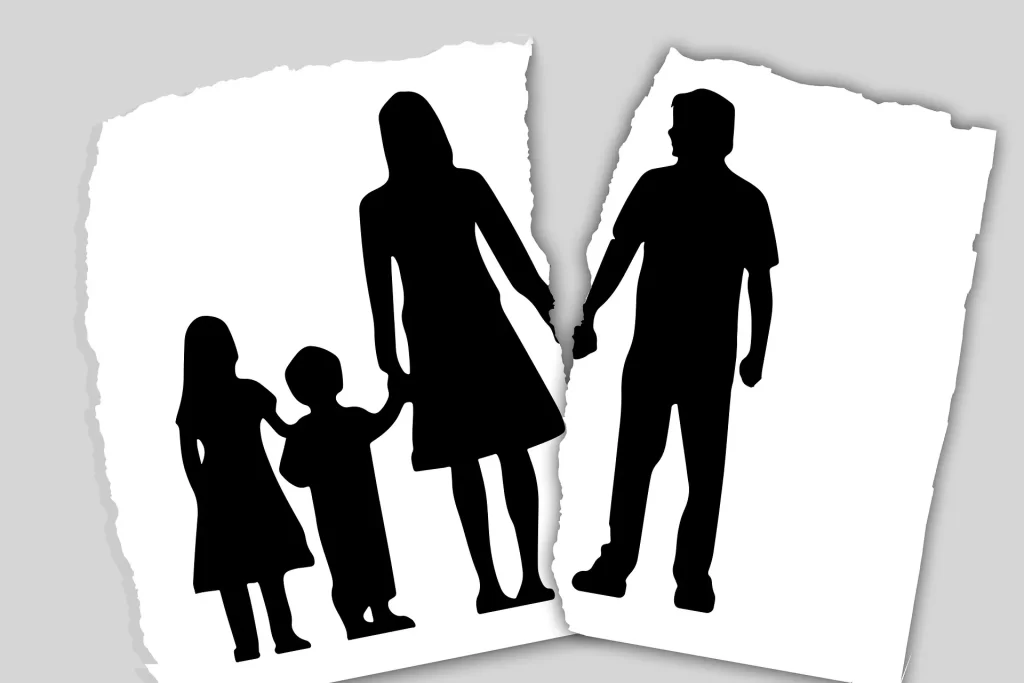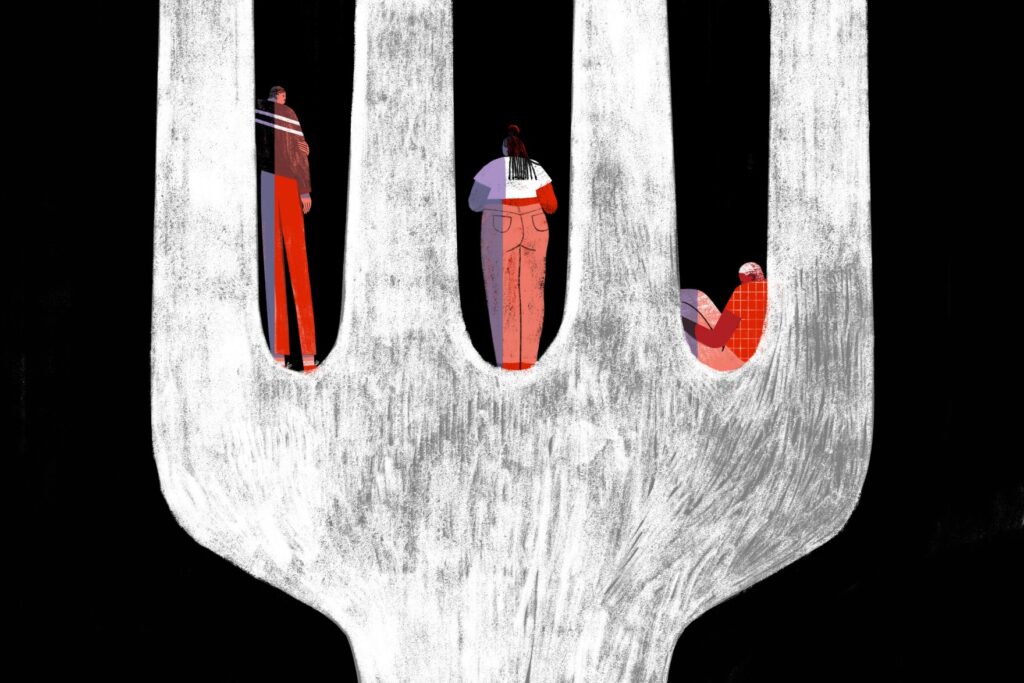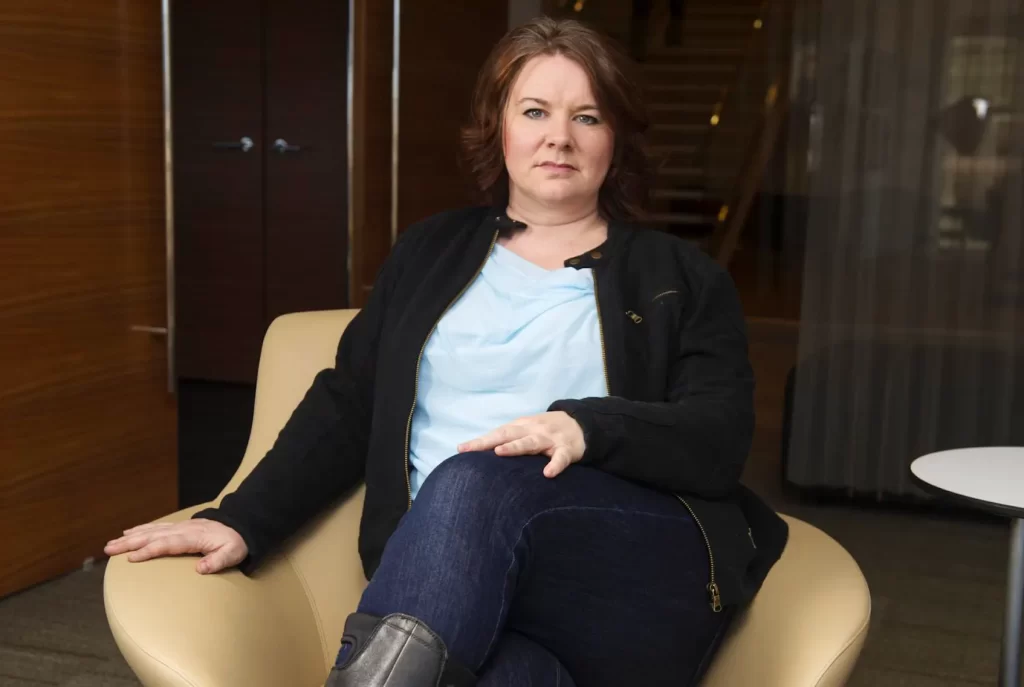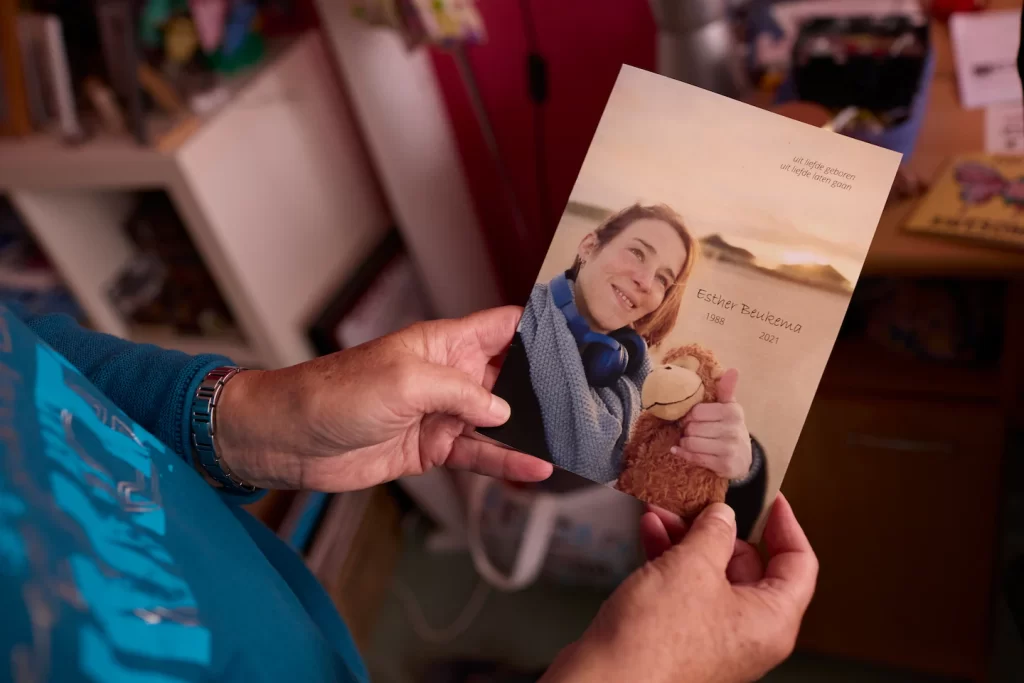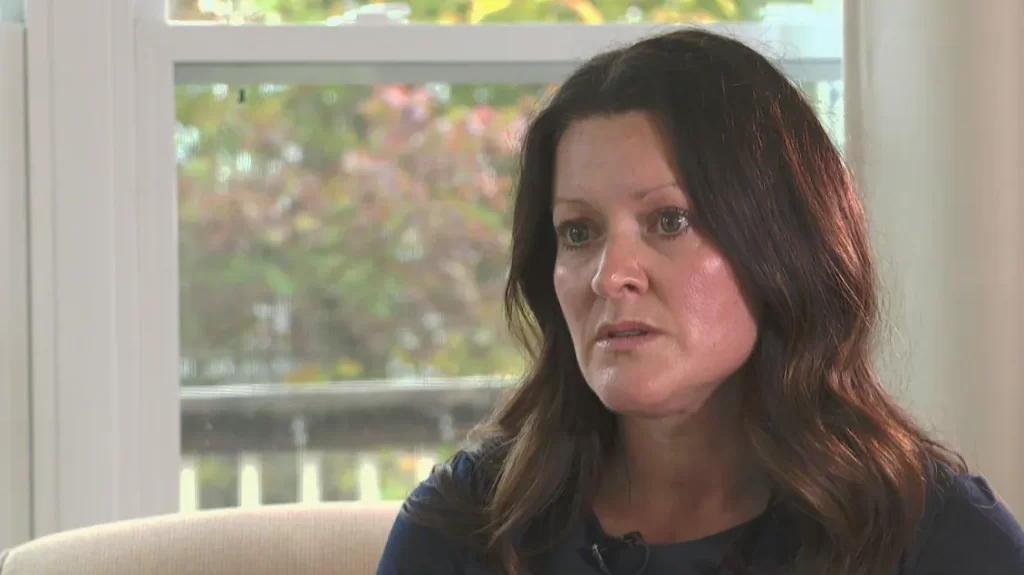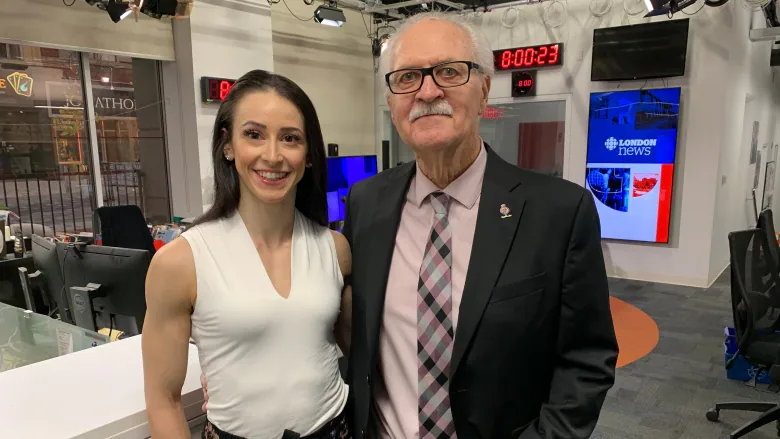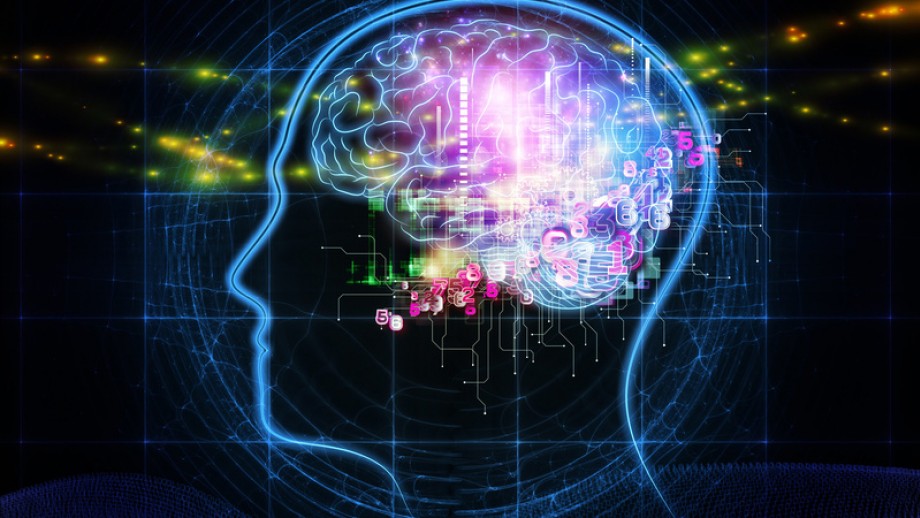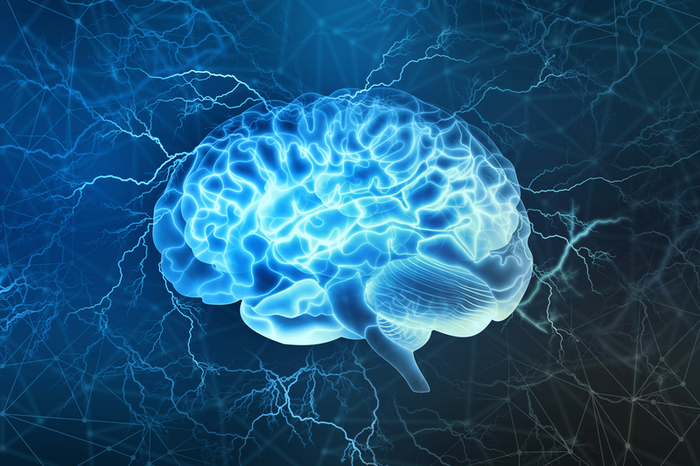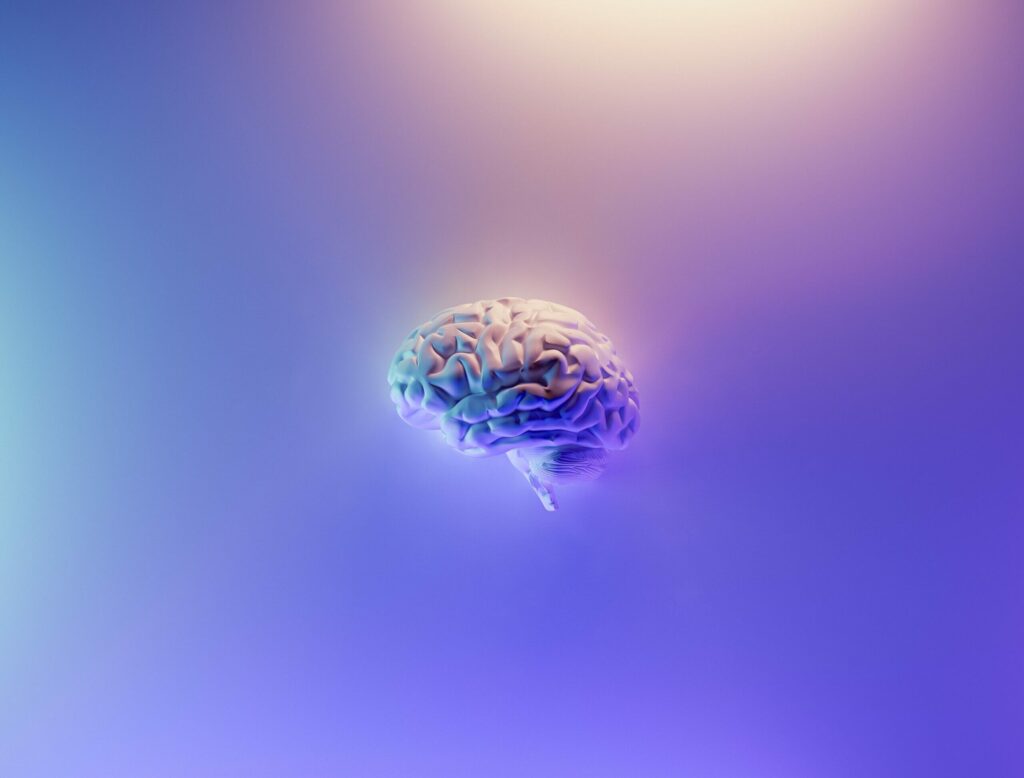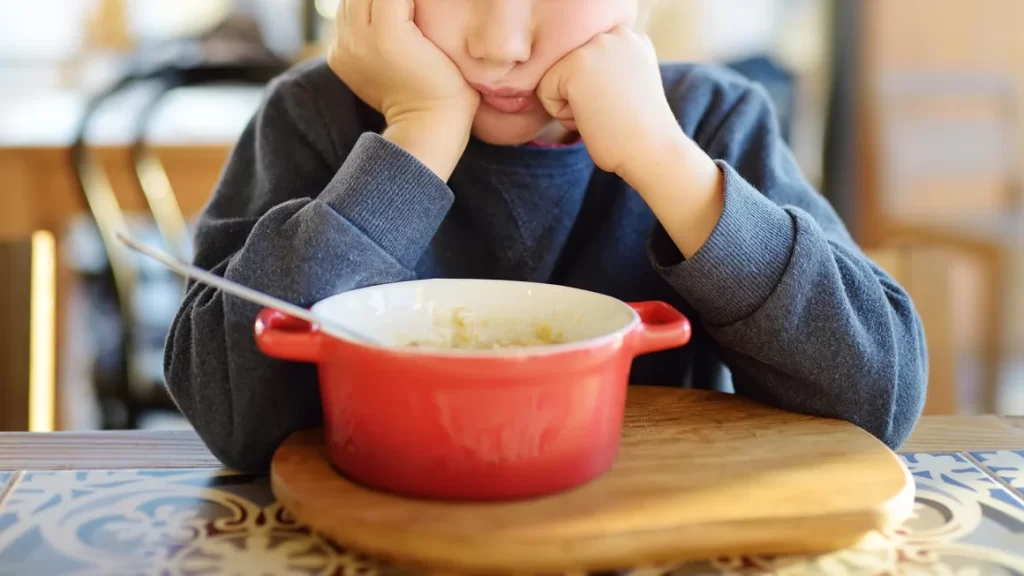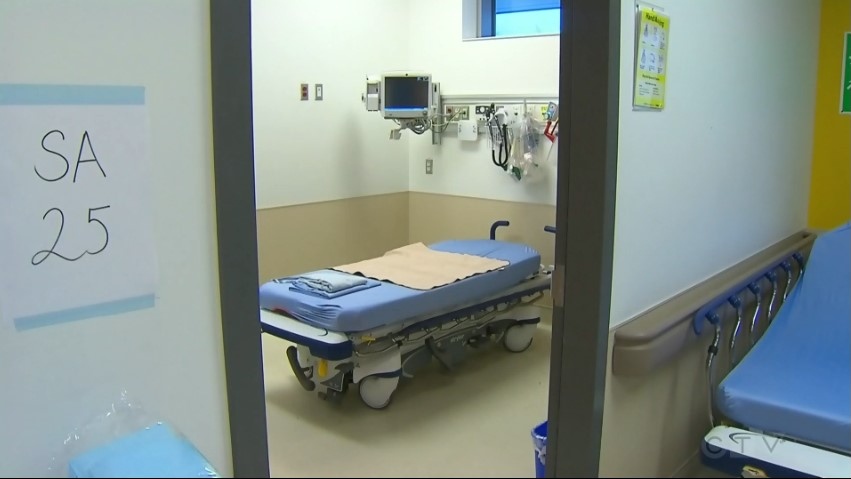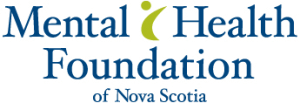ED Articles
On Empowering Parents – Not Pathologizing Them
22 March, 2018
From the amazing Dr. Mulheim and excellent for sharing with clinicians and family.
They Have to be Ready to Change….
25 March, 2015
A piece that speaks to the reality we often face when dealing with medical professionals who believe the only way for an ED sufferer (in particular adult sufferer) to enter recovery is if they chose it.
Taken from this article:
“‘They have to want to change, they have to be ready to change, no one can make someone recover, we can’t save everyone, it has to come from them and if they aren’t willing to cooperate then we cannot help them.”
These are words we hear from the professionals and which make our roles as primary caregivers even more difficult as we understand that many ED sufferers just can’t make that choice on their own.
A World of Misinformation
16 November, 2017
Orthorexia, though not yet included in the DSM 5 as an Eating Disorder, can cause significant harms to the sufferer. It is food restriction plain and simple and it hides under the umbrella of “healthy eating”.
Eating Disorders Underdiagnosed, Untreated in Men and Minorities
2 February, 2026
Eating Disorders are truly an equal opportunity illnesses. They do not discriminate and affect all genders, ethnicities and ages. Yet men and minorities remain undiagnosed, untreated and as a consequence left out of vital statistical data and important research.
Not My Kid: When Parents are in Denial
30 April, 2012
A thought provoking article and one which resonates with me. I believe I was in a state of denial when we first began to notice changes in my daughter. Almost seven years on and I have just about forgiven myself for that self-deception. Like most people, intellectually I understand that it wasn’t my fault but, emotionally, it can be hard to let go of the guilt.
When Responsible Parenting is Labeled Controlling
1 November, 2017
This is an issue that some of members face from the medical professionals supporting their loved ones.
Taken from this article:
“Fighting to save your daughter’s life from an eating disorder is not considered controlling in my book; it’s what good parents are programmed to do…
I am not sure why in every other context but eating disorders, protecting your child’s life is considered an expected and laudable responsibility of parenting, but I do know that it’s time for that skewed thinking to change.”
Asserting Your Caregiver Voice
18 September, 2016
We talk a lot in our meetings about the need for self-care but sometimes this involves more than just taking a walk or meditating. Sometimes we have to actively ask for help and support and that’s not always easy.
This article offers insight and advice on how to be your advocate and tips on how to reach out to others for help.
How to Help Someone with Anxiety – Caregiver Tips
13 March, 2018
A lot of people struggling with an ED also struggle with serious anxiety. This article contains some useful some tips in about how to help someone to manage this sometimes debilitating condition.
Getting Your Child with an Eating Disorder to Eat, By Eva Musby
9 August, 2016
Help Make it Possible for your Child to Eat.
Distress Tolerence Resource Page
12 March, 2018
One of the many, many skills we must learn when supporting a loved one with an ED is ‘distress tolerance’.
What is that?
They are skills that help us cope and survive during a crisis, and help us tolerate short term or long term pain (physical or emotional). Tolerating distress includes a mindfulness of breath and mindful awareness of situations and ourselves.
As caregivers, we need to be able to tolerate the distress of our loved ones and still maintain patience, empathy and compassion for their struggles… which is not always easy!
The link below takes you to a site which offers Dialectical Behavioral Therapy worksheets which cover the development of these skills.
Uncovering the Brain Biology of Eating Disorders, By Andrew Trounson, University of Melbourne
1 October, 2017
As stated in this article, the funding for research into ED’s in the US,”schizophrenia attracts US$86.97 in funding per sufferer and autism US$58.65, funding for eating disorders is just US73c per affected individual. The story is the same in Australia and Canada. In Australia, research funding for eating disorders is just A$1.10 per affected person, compared with A$32.62 for autism and A$67.36 for schizophrenia. In Canada it runs at CAD$2.41, but funding for autism is hundreds of times that at CAD$462.14, while funding for schizophrenia runs at CAD$103.31. Kinda puts things into perspective..doesn’t it?
Eating Disorders and Parenting in 2015, By Joe Kelly
4 January, 2015
“Many parents feel guilty that they have played a role in their child’s eating disorder, but the evidence is irrefutable that parents are not culpable.”
– Dr. Daniel Le Grange and Dr. Sara Buckelew, UCSF Medical School Department of Psychiatry
How child’s Growth Chart Could Help Prevent an Eating Disorder, By Lauren Muhlheim, PsyD, CEDS | Reviewed by Steven Gans, MD
21 January, 2018
Hopefully, at every well visit, your pediatrician documents your child’s growth on the CDC growth chart, which plots height, weight, and body mass index (BMI) against age-based averages. Why? Because the CDC growth chart is one of the best tools for early identification of eating disorders (and other problems).
The Truth About Anxiety During Anorexia Treatment – Dr. Anna Vinter
31 May, 2016
In I think there are a number of members currently experiencing this ramping up of anxiety in their loved ones.
Taken from this article:
“There is a terrible irony that people being treated for Anorexia Nervosa have to face: the last bit of weight restoration is the absolute hardest.
When people achieve about 90 to 95 percent of their goal weight, suddenly their anxiety skyrockets. This occurs in tandem with the restoration of their normal gonadal sex hormones (primarily estrogen and testosterone).
This is the moment when my patients in anorexia treatment often tell me “Great! Thank you very much for your help! I think I’ve reached just the right weight and it’s time for me to complete my treatment here!” The thought of any additional weight gain seems impossible and completely intolerable.”
To Everyone Who’s Just Barely Holding It Together, By Hanna Brooks Olsen
26 April, 2016
The thing that few people will ever admit is that all of us are feeling for the switch in the dark every day and some days we find it and some days we don’t and some days we do but the bulb is burned out and even just the reaching and reaching is an accomplishment.
So this is just to say, if you are just barely holding it together: Good job.
Emotion Regulation in Eating Disorders, By Hunna Watson, PhD
20 February, 2018
Researchers have used scientific strategies to study emotion regulation within the context of eating disorders. Many questions have been investigated: Do people with an eating disorder feel negative emotions more intensely than those without an eating disorder? Do their coping methods differ from people without an eating disorder? Can teaching skills to cope with strong emotions reduce eating disorder symptoms? Here, we look at the research findings on emotion regulation in the past year and present a snapshot of up-to-the-minute research.
EVA MUSBY: FAQs: how to help your son or daughter recover from anorexia and other eating disorders
11 March, 2018
Eva Musby, a mother who has lived experience of supporting a child with anorexia, has a website with some excellent resources and information for parents.
Here’s a link to her page with FAQs, which may help you with some basic information about EDs and what families face, together with tips on how to get through recovery in one piece.
The Parent’s Guide to Eating Disorders
11 March, 2018
Men and women each have different ways of handling stress and crisis. How do those differences impact a marital relationship when the parents are caring for a child/loved one with an eating disorder? What if the parents are divorced or separated? How can you then band together to present a united front and challenge said eating disorder? This book offers helpful strategies and covers essential topics such as: stop blaming; move beyond anger, establish a united front, the role of siblings in recovery, don’t forget to take care of yourselves, establish a collaborative not conflictive relationship with your child, collaborate don’t collude: you as parents are ultimately in charge, expect rebellion,be flexible, fight the disorder not your child, and strive to offer compassion, consistency and security.
Why Letting Ourselves Feel Bad is the Key to Feeling Better
2 February, 2026
On Mindfulness
Article By Jennifer Chrisman
The Emotional Side of Caregiving/Family Caregiver Alliance
11 March, 2018
Whether you become a caregiver gradually or all of sudden due to a crisis, or whether you are a caregiver willingly or by default, many emotions surface when you take on the job of caregiving. Some of these feelings happen right away and some don’t surface until you have been caregiving for awhile. Whatever your situation, it is important to remember that you, too, are important. All of your emotions, good and bad, about caregiving are not only allowed, but valid and important.
Emotion-Focused Family Therapy for Eating Disorders
11 March, 2018
This article provides a good explanation of Emotion Focussed Family Therapy (EFFT).
Taken from this article:
“There are three main areas of intervention in EFFT for ED. They include supporting caregivers to become agents of change by increasing their involvement in supporting their loved one with: 1. meal support and symptom interruption, 2. emotion processing, and 3. the healing of family wounds – whether related to relationship injuries, or the burden of child and/or parental self-blame. Parents and caregivers are taught specific strategies in each of these three domains with opportunities to practice. The associated skills are designed for use in person, over the telephone, even by text or e-mail for those caregivers who live far away. Caregivers are then taught to combine these three sets of skills to increase their effectiveness.”
The Common Eating Disorder No One Is Talking About
24 April, 2017
By Selena Mills @ The Mighty
The Canadian (and American) Psychological Association defines BED (binge eating disorder) as, “recurring episodes of eating significantly more food in a short period of time than most people would eat under similar circumstances, with episodes marked by feelings of lack of control.” BED, is a highly common food disorder, and yet no one is talking about it. Not many, at least. Moreover, BED is distinct from overeating in that these instances of overeating create psychological distress and are driven by emotional cues (like sadness), rather than physiological cues (i.e. hunger).
To my knowledge there are many who quietly struggle though BED. I hope this article sparks more stories of truth, healing and the perseverance necessary to outlast and kick having a food disorder in the ass. Over and over again. After all, one of the core action components that I facilitate with my clients is: digging in deep.
How To Force The System to Give You or Your Family Member Better Care
2 February, 2026
By DJ Jaffe@Mental Illness Policy.org
Why Your Teen Probably Won’t Want to Do FBT, and Why You Should Feel Free to Do It Anyway
2 February, 2026
Dr Lauren Mulheim @NEDA Blog
When I consult with parents who are considering treatment for their teen with an eating disorder, I advise that there are many things to consider. There are several different types of treatments. Family-based treatment (FBT) is an evidence-based treatment, with the best research support for the treatment of teens, and it requires parents to play an active role. I recognize that FBT is a big commitment for families, and I don’t judge parents who do not feel up for the challenge.
My Daughter May Be An Adult But I am Her Best Ally Against Her Eating Disorder
27 February, 2019
By Jenny Haken @ The Dirty Laundry Project, FB Page
My daughter, Natalie, has suffered with an eating disorder (ED) since she was 14. As a child she struggled with depression and anxiety. After my marriage failed we moved house, meaning a change in secondary school for her at a vulnerable age. I knew the transition would be hard and within weeks, her weight loss was evident. Her routines changed, she was spending long periods in the bathroom after dinner and I discovered that she was skipping lunch.
Are We Setting Recovery Weights Too Low?
18 May, 2018
By Dr Lauren Mulheim @Eating Disorder Therapy LA
At the recent International Conference on Eating Disorders in Chicago, I attended a plenary, Recovery from an Eating Disorder: How Do We Define It? What Does It Look Like? And Should It Always be the Focus?
Participating on an FBT Team
14 April, 2019
By Dr Lauren Mulheim@ Eating Disorder Therapy LA
Family-based treatment (FBT) is the leading evidence-based treatment for teens with anorexia nervosa and bulimia nervosa. While in an ideal world, every person with an eating disorder would have access to a full treatment team including a therapist, a dietitian, a medical doctor, and a psychiatrist, FBT calls only for a therapist to guide the parents and a medical doctor to manage medical needs. A dietitian is not required, but I have found that a dietitian who works primarily with the parents can provide valuable guidance.
What You Need to Know About Recovery From an Eating Disorder AND Substance Abuse
4 May, 2015
@recoverywarriors
“Dual-diagnosis treatment,” as the clinical lingo calls it, is a tricky beast. When someone goes into eating disorder treatment, substance abuse issues may be overlooked, minimized, or just lightly touched on. Or if they go into substance abuse treatment, an eating disorder (or disordered eating) may very well fly under the radar —whether it’s intentional hiding, or the person is in denial and the treatment providers either don’t see it or aren’t too concerned with what they do see. Both scenarios are often the result of not asking the right questions, or taking a “one-size-fits-most” treatment approach.
Separate Your Child from the Eating Disorder
9 June, 2010
By Laura Collins@Healthy Place Eating Disorder Recovery
At first your child’s new habits seem normal, even admirable: a diet to shape up or new health-conscious habits. Then it seems to be getting extreme: refusing to eat what the family is having, and questioning every ingredient. One day, you realize this isn’t a phase, this is an eating disorder, and the eating disorder can get very ugly, very fast. As a parent, it’s important to support your child and not to demean them for their mental illness. It’s important to separate your child from the eating disorder.
Anorexia knows no body type — and thinking otherwise can be a barrier to treatment
20 February, 2019
By Carrie Denette@Special to the Seattle Times
On Nutrition
No matter how much you think you know about the eating disorder anorexia nervosa, odds are one image comes to mind: an emaciated white teenage girl. But that stereotype ignores the fact that anorexia knows no age, gender or race, and it sidesteps the reality that anorexia can happen at any body weight.
Active Ingredients
11 November, 2011
By Dr Sarah Ravine
In eating disorder treatment, timing matters A LOT. Effective treatment requires different ingredients at various stages of recovery. Certain ingredients are essential at the very beginning of treatment but matter less towards the end. Conversely, some ingredients are unnecessary in the early stages of treatment but crucial later on in the recovery process.
To the patient’s detriment, many clinicians do not add the right ingredients at the right times in the right doses. For example, many individual therapy approaches focus initially on helping the patient develop insight and motivation to recover. Full nutrition is not required, or even encouraged, until the patient has lost a significant amount of weight.
Many clinicians are simply using the wrong recipe.
A Simple Eating Disorder Treatment No One Ever Talks About
11 May, 2018
By Emily T. Troscianko@Psychology Today
An alternative approach to eating disorder treatment with radically improved recovery rates.
My last post painted a fairly sobering picture of the current state of cognitive behaviour therapy (CBT) research for eating disorders. CBT is often now the go-to treatment, especially for bulimia, and it does work very well for some people. My own experience of CBT for anorexia was extremely positive. But with maximum 45% remission rates, roughly 30% relapse rates, remission and recovery defined with lamentable laxity, and relapse rates sometimes misleadingly concealed, there’s a lot of room for improvement.
CBT for Eating Disorders: A Not-Yet-Success Story
4 May, 2018
By: Emily T. Troscianko@Psychology Today
It often seems that with anorexia, still no one has a clue. You can tube feed one person back from the brink and it will kickstart real recovery, but do the same for another and induce a whole lot of physical discomfort and profound resentment, so that on discharge weight loss is the inevitable next step. One person might have years’ worth of talking therapy which eventually leads to a breakthrough that makes sense of things cogently enough to prompt behavioural change and resulting wider improvements, while for another the accumulation of insight upon insight does nothing to break the paralysis that congeals around eating, indeed it only strengthens it. Pretty much the same holds true for all the other eating disorders, though recovery rates are even lower and mortality rates higher for anorexia than the rest.
Anosognosia and Anorexia
28 December, 2020
By Dr Lauren Mulheim@VeryWellMind
Perhaps one of the most troublesome symptoms of anorexia nervosa and other restrictive eating disorders–especially for family members and treatment professionals—is the patient’s belief that he or she is not ill. The common consequence of not believing one is ill is that he or she does not want to get well.
Indeed, a patient’s lack of concern for the problem has long been a defining feature of anorexia nervosa.
Too many barriers to treating eating disorders: sufferers
2 February, 2018
By Sheri Shefa@TheCanadianJewishNews
Eating disorders, as described by some of the people who suffer from them, can be some of the most isolating and misunderstood diseases. So dispelling misconceptions, eradicating the stigma and making it easier for sufferers to seek medical help without judgment is essential to making a positive impact on the prevalence of these diseases, they say.
Insight in Eating Disorders: Clinical and Cognitive Correlates
7 January, 2011
By: G. Konstantakopoulos, K. Tchanturia, S. A. Surguladze1and A. S. David
Background. The aim of this study was to explore the extent of lack of insight and its components in eating disorders(EDs) and to investigate the relationship between insight and clinical and cognitive characteristics in this group
The hidden disease: Why aren’t more doctors treating eating disorders?
15 May, 2018
By Wendy Leung@TheGlobeandMail
Although she has a severe illness, Amy Preskow says she has been repeatedly sent home from hospital emergency departments, turned away from overstretched publicly funded treatment programs, and at times, even belittled by health care workers.
Is Your Eating Disorder “Specialist” Really a Specialist?
21 March, 2019
By Alli Spotts-De Lazzer, LMFT, LPCC, and CEDS-S and Lauren Muhlheim, PsyD, FAED, CEDS-S
Eating disorders have been shown to have high rates of hospitalizations and death (Arcelus, Mitchell, Wales, & Nielsen, 2011; Klump, Bulik, Kaye, Treasure, & Tyson, 2009). So it is imperative that both those who struggle with eating disorders and their caregivers are able to identify competent treatment providers.
Boundaries in Eating Disorder Recovery: An Act of Love
19 July, 2018
By Dr Angela Derrick@EatingRecoveryCenter
Mom: (speaking tentatively to her daughter) “Dear, I’m so sorry but you have to see the nutritionist today even though it conflicts with the concert you want to attend.”
Eating Disorders in Transgender People
25 February, 2019
Eating disorders have historically been believed to primarily afflict heterosexual, affluent, cisgender, thin, white females. This inaccurate stereotype decreases the likelihood that people with eating disorders who are homosexual, queer, poor, people of color, larger-bodied, or transgender will be diagnosed and receive adequate treatment.
3 Ways to Support Parents Who Are Supporting their Child Through an Eating Disorder
2 June, 2019
By JD Ouellette@EDCatalogue.com
I am no stranger to the reality of doing hard adulting, having provided end of life care to my mother and sister, who died at 61 and 41 of lung cancer. These experiences didn’t approach the torment that was having a daughter with anorexia. There’s something so elemental about both feeding one’s child and such a strong connection with one’s identity as a parent, that having a loved one of any age be unable to eat is painful and terrifying in specific ways. The heartbreaking statistics that show us eating disorders are the deadliest of all mental illnesses, and that recovery is neither quick nor guaranteed adds to the terror
Cognitive Remediation Therapy for Anorexia Nervosa
22 September, 2018
By Lauren Mulheim, medically reviewed by a board certified physician;@Verywellmind
Cognitive Remediation Therapy (CRT) for anorexia nervosa is a relatively new treatment. The technique was originally developed for patients suffering brain injuries and has more recently been adapted for patients with schizophrenia and other mental health conditions including anorexia nervosa. It consists of mental exercises aimed at improving cognitive strategies and thinking skills through practice.
Pain I: Why Is There So Much in Recovery?
25 May, 2013
By Gwyneth Olwyn@TheEatingDisorderInstitute
Here is another short extract from the Weekly Forum Roundups of 2012 to reiterate the answer to an oft-asked question: why is there so much pain when I felt fine all while I was starving, exercising demonically, cycling through starving and eating cycles, actively purging (and so on)?
Your body is severely damaged. The pain, the aches, the fatigue, the discomfort and the water retention are there to force some immobility so that the body can attend to repairs.
How Self-Induced Vomiting Impacts Your Body
4 January, 2019
By Pamela K. Keel, Ph.D. @GurzeSalucorEating DisordersResourceCatalogue
In a 1980 article titled “Self-Induced Vomiting,” Dr. Christopher Fairburn detailed the emotional and physical consequences of self-induced vomiting in four case studies. This article marks a historical shift in awareness that patients who were at a healthy weight could suffer severe medical consequences from an eating disorder characterized by self-induced vomiting.
The Flawed Psychology of Forcing People to Hit “Rock Bottom”
13 November, 2018
By Brooke M Feldman MSW@MEDIUM Psychology
While teaching a class on eminent psychologist Abraham Maslow’s human hierarchy of needs theory to aspiring behavioral health professionals, a student raised her hand to ask me the following question:
“Is this where the idea of people struggling with addiction having to hit “rock bottom” comes from?”
This insightful student was looking up on the screen at Maslow’s hierarchy of needs pyramid and referring to the all-too-common thinking surrounding people living with addiction.
Should People with Anorexia be Force Fed?
17 November, 2017
By Shawn Radcliffe@Healthline
Doctors and judges walk a fine ethical line when deciding if people with eating disorders should be treated against their wishes.
Last month, a New Jersey judge granted guardianship to the parents of a 20-year-old woman with anorexia nervosa, arguing that the woman is incapable of making her own medical decisions.
10 Subtle Signs Someone You Love May Have an Eating Disorder
16 March, 2017
By Jenna Birch@SELF
When I first developed an eating disorder, I didn’t realize that I had one. I was experiencing a bad flare-up of my fibromyalgia and irritable bowel syndrome (IBS). I got sick each time I ate, and developed a fear of food in the process. I eventually decided to “clean up my diet,” trying to eliminate all foods that triggered symptoms.
Preventing Caregiver Burnout for a Family Member with an Eating Disorder
8 December, 2016
By Courtney Howard@EatingDisorderHope
Family members with loved ones who are affected by eating disorders will face a roller coaster of emotions. This is even more so for those who are directly care-giving for a family member or loved one with an eating disorder. Often times, and depending on the severity of the disease, a person with an eating disorder will require ongoing and consistent caregiving.
I Gave My Mom PTSD in My Addiction
7 March, 2019
By Tori Skene@Sobernation
Note: This article was written specifically about addiction to drugs and alcohol. Read the article in the context of an Eating Disorder and you will notice that the impacts on parents and families are chillingly similar.
On January 29th 2013, my Mom had to file a missing persons report for me in Los Angeles because I was on a drug run.
By this time, the bags under my Mom’s eyes were as dark as the alleyways and streets I was hanging out in. The sleepless nights she experienced were enough to last her a lifetime. My Mother lived in a state of sheer panic, terror, and helplessness as my addiction passed her off to the shadows as an outcast, leaving her to pick up the pieces and make sense of it all.
Why Can’t Everyone get a Good Result?
5 January, 2017
By Julie O’Toole@Kartiniclinic
Anorexia nervosa is a complex illness, like most illnesses that involve the brain. There is a wide spectrum of severity, ranging from cases that easily turn around with re-feeding and seem to disappear for good, to those that are crippling and debilitating for an entire life.
Smash the Wellness Industry
8 June, 2019
By Jessica Knoll@Thenewyorktimes
A few months ago, I had lunch with the writer behind one of my favorite movies of the year, the agent who made the deal and the producer who packaged the project. I wanted to hear all about the process and perhaps find an opportunity to collaborate. When the server came to take our order, I flashed to that scene in “Romy and Michele’s High School Reunion” when Mira Sorvino walks into a diner in a striped skirt suit and asks the waitress, “Do you have some sort of businesswomen’s special?”
When encouragement Sounds Like Blaming
4 June, 2019
By Laura@Feast
Caregiving is HARD. Even in the best of circumstances, it is terrifying and exhausting to have a loved one mentally unwell, especially one’s child. Even with early intervention, quick remission, and plenty of time and support I’ve never met the family that reported: “well, that was easier than I thought it would be!”
My Family Can’t Afford to Wait
2 June, 2019
By Laney Park@Feast
We couldn’t afford to wait. In the fall of 2013, my daughter started to lose weight. She said that her “tummy hurt” when she ate and she began to eat less and less as the weeks went on. I knew something was wrong and brought her to the pediatrician who suggested bloodwork and tested for diabetes. The results were negative. When we came back, he ran more tests, then sent us to a gastroenterologist. She. in turn, ran more tests. Our daughter ate less, and I, listening to her pleas of stomach pain didn’t insist otherwise.
Empowering Parents to Support Adolescent Eating Disorder Recovery
25 June, 2019
By Dr Sarah Ravin@ LEADInc.officialblog
As a psychologist, a writer, and a mental health advocate, it is both a unique privilege and an incredible opportunity for me to write for LEAD’s blog. I wholeheartedly support LEAD’s mission to empower, educate, and advocate, not only for individuals with mental illnesses, but for their families as well. For far too long, parents of children and adolescents with mental illnesses were blamed, marginalized, stigmatized, and ostracized. Ultimately, children and teens suffered even more when they were isolated from their families and deprived of their parents’ support during their most vulnerable times.
Nearly a Quarter of Men Between 18-24 Have Signs of Disordered Eating
2 February, 2026
@Healthline
Historically, much of the research on eating disorders has focused on girls and women. But in recent years, researchers have increasingly explored the ways disordered eating and body image concerns can affect boys and men as well.
Binges Are Not Binges
12 October, 2012
By Gwyneth Olwyn@Theeatingdisorderinstitute
Binges are another topic that generates tremendous anxiety and questions for those recovering from the eating disorder spectrum.
Experts have gone down some unfortunate rabbit holes using psychiatric definitions and treatments for eating disorders. It has resulted in treatment specialists encouraging patients to expend energy on suppressing the very things that would ensure their complete recovery.
“When treating those with eating disorders, the practitioners cannot be afraid of what the eating disorder is afraid of.” Rebeckah Peebles (pediatrician), 2012
Extreme Medical Negligence: Failure to Feed Patients with Anorexia Nervosa
30 December, 2012
@Thescienceofeatingdisorders
They are crazy stories, really. It is hard to believe they are true.
A 28-year-old woman with anorexia nervosa complained about weakness and nausea following the insertion of a feeding tube. Her gastroenterologist sent her to the emergency room (ER). The woman was in the emergency room for two days without receiving any food. She was discharged home after she was told her lab tests and X-rays came back normal. Unfortunately, her X-rays weren’t normal. Her gastroenterologist determined she had a bowel obstruction and sent her back to the hospital. She lost a substantial amount of weight in those 3 days.
The second story is even worse.
8 Warning Signs That You Are Mentally and Emotionally Exhausted
2 February, 2026
By Stephanie Reeds@Thepowerofsilence
Riding on that crazy roller coaster of life can sometimes be really tiresome. One minute your high up and the next second you’re back down where you started. All that madness and unpredictability can really mess with a person’s physical as well as mental well being.
What are the implications of RED-S for athletes and dancers?
2 February, 2026
Low energy availability arises if nutritional intake is insufficient to cover the energy demands of both training and resting metabolic “housekeeping” processes. In the situation of low energy availability, which can often be combined with the effects of external psychological stress and inadequate sleep, the body goes into an energy saving mode. For example many hormone pathways are dampened, such as the hormones of the reproductive axis in both male and female exercisers. Even short-term troughs of low energy availability during a day can cause adverse changes in hormones. Everybody is individual and you may have different fuel requirements to a fellow athlete/dancer doing the same training. Tailored timing, quantity and quality of nutrition according to gender, age, sport/dance is important to support health and effective training.
Your Adolescent Daughter Doesn’t Have a Weight Problem. She’s Going Through Puberty.
2 July, 2019
By Maryann Tomovich Jacobsen@Linkedin
I went to one of those puberty talks with my daughter when she was in 5th grade. I listened closely as the nurse discussed growth. There was a quick mention of different-sized bodies and something about curves, and then she was off to detail sex organs and the monthly cycle. As a registered dietitian thoroughly steeped in the subject, I felt this was yet another missed opportunity to educate parents and girls about how female bodies change and grow during puberty.
Refeeding and Weight Restoration in Anorexia Nervosa
4 January, 2016
By Angela Guarda, MD, @Eatingdisordcersresourcecatalogue
eight restoration is the most robust predictor of remission from anorexia nervosa (AN) and is necessary if not sufficient for recovery. Refeeding refers to the process of weight restoration. Most experts agree that a minimum target body mass index (BMI) of 19-21 is needed for long term recovery from anorexia nervosa. Despite the importance of weight restoration, about 50% of inpatients with anorexia nervosa who reach target weight relapse, and may require repeat admission. The highest risk for relapse is during the first year following weight restoration (Carter et al., 2012).
Orthostatic Hypotension-What do I need to know?
21 March, 2017
By Chad Smith, Primary Care Provider, @Avalonhillseatingdisorderspecialists
Eating disorders have the highest death rate of any of the psychiatric illnesses. They affect every organ system in the body. As I stated in my first post, many of the symptoms of an eating disorder go unrecognized by healthcare professionals. Increased awareness of the effects of eating disorders on the body is vital to helping those who suffer with eating disorders get the help they need.
An important health concern in eating disorder populations is orthostatic hypotension. In order to understand this problem, it will define a couple of terms.
First, the medical term orthostatic means to “be caused by an upright position.”
Next, hypotension is defined as “an abnormally low blood pressure.”
Renegotiating Binge Foods in Binge Eating Disorder Recovery
1 November, 2015
By Crystal Karges @eatingdisorderhope
The process of recovering from binge eating disorder is one that requires many different steps and approaches. Because this eating disorder is a complex illness, approach the emotional, psychological, and biological factors are necessary for recovery and healing. A person with binge eating disorder cannot simply “get over” the struggles that they are facing.
Binge Eating Among Men Steps Out of the Shadows
13 August, 2012
By Abby Ellin @Well
After downing 70 chicken wings in about an hour, Andrew Whalen realized he had a problem.
What We Wish Eating Disorder Treatment Centers (and Families) Knew
11 November, 2016
By Cherie Monarch @March Against ED Blog
25 Thoughts as to how we can be a cohesive team to support my loved one in their recovery from an eating disorder
An Open Letter to all eating disorder treatment centers and their employees, eating disorder professionals, sufferers, and families of loved ones with an eating disorder …
Secretive Food Concoctions and Eating Disorders
17 June, 2019
By Lauren Mulheim, PHD@Verywellmind
Do you secretly eat strange combinations of foods? Are you ashamed about it? It is important to know that you are not alone. This is known as “concocting”, and although it is rarely studied or talked about in research or clinical literature, it is not uncommon in people with eating disorders. Secretive food concocting has been defined as “making strange or bizarre mixtures of foods or food ingredients that one would be too embarrassed or ashamed to make in the presence of others.”
How Eating Disorders Affect Family
2 February, 2026
Written by Tabitha Farrar – 2014
Eating disorders can have a devastating effect on the individual that experiences them, but they also influence others. In this article, we discuss how eating disorders affect family, friends and loved ones.
Watching a person that you love suffer is always going to be painful, but with an eating disorder the stress is often worsened because to anyone who has not experienced an eating disorder it seems as if it should be so simple and easy to get better. It is not, eating disorders affect the sufferer’s brain and can potentially turn the act of eating food into something terrifying.
Call for compassionate care in treating eating disorders
7 July, 2019
By Juliana Winik@Thediaryhealer
When I was 14, I was admitted to the paediatric ward at our local hospital with the eating disorder, Anorexia Nervosa. My body had begun shutting down. My physical decline from well to severely ill happened rapidly.
The morning I was admitted to the hospital was the first time I had heard the words Anorexia Nervosa as my diagnosis.
I was confused, and I was scared. Very scared. I had no idea what treatment was going to be like.
I was put on bedrest, and all autonomy was stripped from me. I didn’t understand why at the time. No one explained the nature of my illness to me nor did they bother to get to know me – me Juliana, and not Anorexia.
When to Jump Ship
28 July, 2016
By Julie O’Toole@Kartiniclinic
Part of any successful voyage, especially one that involves reaching a critical destination for you and your loved ones, involves deciding when to keep rowing and when it would be wiser to jump ship.
Applying neurobiology to the treatment of adults with anorexia nervosa
5 December, 2016
@Journalofeatingdisorders
Background
Anorexia nervosa is a severe, biologically based brain disorder with significant medical complications. It is critical that new, effective treatments are developed to interrupt the persistent course of the illness due to the medical and psychological sequelae. Several psychosocial, behavioral and pharmacologic interventions have been investigated in adult anorexia nervosa; however, evidence shows that their impact is weak and treatment effects are generally small.
Eating Disorders Kill one in 10 Canadians
6 February, 2020
By Nicholas Sokic
In 2019, Statistics Canada estimated up to 1,134,000 Canadians have sufficient symptoms for an ED diagnosis.
Why Rock Bottom In Serious Mental Illness is Death
19 February, 2019
By Julie A. Fast
This piece is written about the dangers leaving someone with an SMI (severe mental illness), to hit rock bottom. The concept of hitting rock bottom is usually one that is associated with substance abuse disorder, but lately it has been used in context of adults with SMI who suffer from lack of awareness (Anosognosia), and because of this refuse any and all medical help. The article classifies SMI’s as: Bi-polar, Schizophrenia, and Schizoaffective Disorder. However, it is clear that Eating Disorders should be classified as a serious mental illness as well because it is the most lethal of any mental illness AND many with ED’s have lack of insight (anosognosia), and do not understand that they are ill. Eating Disorders should have been included in this article because it shows how dangerous it is to leave an individual with an ED to “hit rock bottom”.
The Emerging Role of Eating Disorder Coaching
1 March, 2020
By Carolyn Costin, MA, Med, LMFT, CEDS, FAED
An interesting article on eating disorder coaching.
Taken from this article:
“Eating disorder coaches are emerging as an adjunct to standard treatment, filling a much-needed gap in traditional services by working in conjunction with the client’s treatment team, assisting with the daily, practical, hands-on aspects of recovery.
Coaches offer services such as, ongoing text support, assistance with meals, grocery and clothes shopping, cooking, attending social functions or even spending time at the client’s home during transitions, such as when leaving inpatient or residential treatment. In essence, coaches can provide support that licensed treatment professionals cannot provide due to time constraints or ethics.”
Admitting Your Child to a Mental Health Hospital
2 February, 2026
By
Some of our families have direct experience of having to take their loved one to a mental health facility.
A mother, who Laura and I know and who is a member of another support group site, shared the article below, and accompanied it with these words (which she is happy for us to share):
“When we admitted Erin into her first treatment center at 13 yrs old – I shared it on FB. I shared for the very reason, if she had cancer, I would tell all. People don’t know how to receive this often. Often they react badly – silence or inane questions that are about their own fears. Mostly people don’t show up. They don’t know how b/c of the stigma.
Health and Fitness Professionals Team up to Identify and Help Over-exercisers at Risk of Eating Disorders
20 February, 2020
Eating Clean: Unintended Consequences
10 February, 2020
By: Nancy Clark
Please understand there is no such thing as a good, bad, clean, un-clean, or junk food. An apple, for example, is commonly considered to be a good, clean (health-promoting) food, but a diet of all apples is a bad diet.”
Eating disorder treatment in a pandemic: F.E.A.S.T. responds
15 March, 2020
Check out Feast for updates on “eating disorder-specific information on topics like “distress tolerance,” parenting calmly during anxious situations and employing tools from anxiety and OCD treatment that best apply in the current situation. Our materials and support will keep in mind the global uncertainty, quarantine, and lack of access to normal treatment and healthcare.”
Canadian resources for virtual support
19 March, 2020
Links to Canadian Resources for support from FEAST
Are Individuals with Eating Disorders at Greater Risk from COVID 19?
17 March, 2020
By Jennifer L. Gaudiani, MD, CEDS-S, FAED
A thoughtful article by Dr. Jennifer Gaudiani, one of the only outpatient internists in the United States who carries the credential Certified Eating Disorder Specialist (CEDS) and Fellow in the Academy for Eating Disorders (FAED). She reflects on the impacts COVID 19 may have on various types of ED’s, IE: Anorexia Nervosa, Anorexia Nervosa in patients of “normal” or higher body weights, Bulimia Nervosa, and Binge eating disorder in any body size.
Coronavirus: How to protect your mental health
16 March, 2020
By Kristy Brewer@BBC News
An article discussing ways to prevent anxiety and OCD tendencies from escalating during the COVID 19 pandemic.
How to Practice Self-Care During a Time of Uncertainty
2 February, 2026
By Sierra Turner@Lookingglass
Tips for self-care for those in Eating Disorder Recovery during COVID 19 Pandemic.
Distress tolerance is a parental superpower, not a lack of caring
20 March, 2020
By: Laura Collins Menster-Munsch@FEAST
Without the structure of school and appointments, without access to allies and providers, families are facing an unexpected and intense challenge. Here in this community we have tools to share that may help.
Eating Disorders During the Coronavirus (COVID-19) Pandemic
27 March, 2020
By Lauren Mulheim, PsyD, CEDS,@Verywellmind
This article discusses the changes in treatment (both inpatient and outpatient) for those with EDs in the time of the Coronavirus pandemic. It also explores triggers which social distancing/self-isolation can facilitate and some healthy ways to cope during this challenging time.
Advice for those struggling with an eating disorder during COVID-19
26 March, 2020
Taken for this article: “The master manipulator it is, your eating disorder can mold any situation into a reason to use ED behaviors. And there is no shortage of reasons during this COVID-19 emergency.” This article discusses how changes in our routine can play havoc with recovery. It also urges those with EDs to acknowledge they may be struggling at this time.
The Coronavirus Outbreak Is “Like A Nightmare” For People With Eating Disorders
20 March, 2020
By Addy Baird@Buzzfeednews
The many challenges of navigating recovery from an Eating Disorder whilst being in lock down due to the Coronavirus. Experiencing supermarkets with empty shelves, to over exercising and not eating because of lack of accountability, IE: therapy for Eating Disorders has moved on on-line or phone support, to having to eat in the presence of whomever you are in self-isolation with…all the potential triggers that are now part of our new reality.
Experts say pandemic fueling apparent spike in eating disorders among adolescents
20 January, 2021
A sad follow-on effect of the pandemic now seen in rising numbers of eating disorders.
Transcranial Magnetic Stimulation Found Promising for Treating Anorexia
15 November, 2018
Promising new advances in the treatment of anorexia. Happily there are clinics two clinics in Nova scotia which now offer these treatments. Getting a physician to refer a patient there for this type of treatment for anorexia may be a challenge….but worth the effort!
New treatment for depression to be offered at 2 hospitals in Nova Scotia
7 January, 2021
Don’t let the title fool you. rTMS has proved to be a successful treatment for some with Anorexia. See the article posted before this one.
New mental health treatment will soon be available for Nova Scotians
20 January, 2021
More info on rTMS. A promising new treatment for some with anorexia
Severe and Enduring Eating Disorders
18 January, 2021
All EDs, if not recognized and treated appropriately, can become longstanding. The term, “severe and enduring”, is often used although there are several other labels, such as chronic, longstanding, enduring, and severe. This article explores eating disorders that are treatment resistant and longstanding, exposing the sufferer to other health deficits brought on by long term side effects of eating disorders.
I thought my eating disorder was my protector, but I have been anorexia’s prey
21 January, 2021
A young Australian woman’s experience with her eating disorder and how the pandemic has isolated her making her illness impossible to escape.
JIM VIBERT: Social workers get to the heart of the matter
15 January, 2021
The Nova Scotia College of Social Workers released a 244-page report specifically about the failures of the mental health and addictions machinery, but their prescription, which also stresses equity and social justice, would go a long way towards solving the broader “wicked problem,” as Dr. John Ross characterizes the health system in general.
N.S. social workers call for systemic overhaul of the mental health and addiction services system
13 January, 2021
The spotlight is showing the cracks in what has always been a sorry state of affairs in the Nova Scotia mental health and addictions services.
My Daughter Does Not Want to Recover From Her Eating Disorder
12 May, 2010
One of the strangest, and most dangerous, symptoms of an eating disorder is “not wanting to recover.” Parents panic or get understandably angry when their child denies being ill, hides the eating disorder behaviors, and lashes out at anyone trying to help. We see a horrible illness that is sapping the life and personality from a beloved child – yet they seem to embrace it. What can parents do when a son or daughter says “I’m not ill and I don’t want to get better?”
Calm down, mom! Dad, can you stop raising your voice?
18 November, 2020
Managing our own fears in the face of our child’s emotional dysregulation can be overwhelming. Tolerating a loved one’s distress is difficult and learning to separate our loved one from their illness is a constant challenge. Be kind to yourself. Allow yourself to to re-group and make self-care a priority so that you will have some fuel in the tank when you need it. You cannot pour from an empty cup.
‘I was at war with my body’: my year as a day patient on an eating disorders ward
28 November, 2020
At 32, I was given a choice: go to hospital every day – or risk a long wait to become an inpatient. Could I face down the demons that had stalked me since I was a child?
Why do so few males seek eating disorder treatment?
12 November, 2020
One man comes to terms with his own eating disorder after years, despite his knowledge and professional training in understanding these disorders.
Anorexia: How the eating disorder took the lives of five women
6 November, 2020
A mother, an Olympic hopeful, a medical student, a waitress and a writer. What do the lives and deaths of five women tell us about how anorexia is managed and treated?
AgRP neurons control compulsive exercise and survival in an activity-based anorexia model
26 October, 2020
The Caregiver
28 October, 2020
Suffering. When we witness or endure it, we seek to alleviate or remove it. Parents and caregivers of eating disordered loved ones know this primal urge intimately. And along the path to hopeful eradication, we bear witness to events, behaviors, and thoughts that tear at the fiber of our being…altering our perspective.
‘Perfect storm’: Dietitians warn of eating disorders in young athletes as COVID-19 disrupts training
19 October, 2020
EDMONTON — Eight months into the global coronavirus pandemic, athletes around the world continue to grapple with the virus’ ripple effect on sport.
With their training facilities shut down and routines upended, many have turned their attention to their eating habits to prevent weight gain and contend with the health effects of being sidelined.
But a growing number of experts are concerned that COVID-19’s disruption to sport and the subsequent mental health implications are fuelling behaviours that could lead to eating disorders, especially in young adults and athletes.
Dear Therapist: I Blame Myself for My Son’s Death
7 September, 2020
Brigitte wrote this about this article and I think it is incredibly poignant.
Amanda Bowles: Doctor error contributed to anorexic woman’s death
18 September, 2020
Another tragedy which could have been averted. Sadly these things are not so far away. They happen here in Nova Scotia as well.
To a parent on a terrible, terrible day
16 September, 2020
Dear Family,
You’ve opened this envelope after a very bad day. I don’t know how bad, or in what way. But I have talked with families who have faced some pretty awful days… parents whose loved one’s mental illnesses caused the worst thoughts, the worst behaviors, the most misery imaginable. Days when what seems like the only option has closed, or the hope is gone.
When you help the family, you help the patient
24 August, 2020
The article explores different types of support families who are supporting a loved one with an eating disorder have found helpful. It also touches on unhelpful things well meaning friends, people and professionals have said to them or treated them. It also talks about the study done on this topic which was funded and headed by FEAST and Project HEAL. Click on the link at the end of this article to see the report.
Korsakoff Syndrome
2 February, 2026
Korsakoff syndrome , a chronic memory disorder caused by severe deficiency of thiamine (vitamin B-1). Korsakoff syndrome is most commonly caused by alcohol misuse, but certain other conditions such as Eating Disorders may cause it as well.
What I Wish Someone Had Told My Parents
17 June, 2020
Ten Tips for Re-nourishing Your Child
3 February, 2021
Male eating disorders are often overlooked — Kyle Ganson aims to change that
1 February, 2021
Taken form this article: “If a girl suddenly changes her eating habits, red flags go up. But when boys become fixated on certain diets and supplements, or start going to the gym every day, it’s often accepted.”
Preventing Parent Burn-out
2 February, 2026
A thoughtful prologue by Brigitte: “An important read for all of us supporting a child with an ED and, often, other co-morbid mental health conditions. I have referred back to this article, and others like it, many times over the years. They help to keep me grounded and on track. They remind me of one of the most important lessons that I have learned over the years, as a parent caregiver. And it is beautifully expressed in the conclusion to this article and has become another mantra of mine, “My love is deeper than your pain”. Taken from the article: “Don’t take your child’s behavior personally. Depressed, anxious, and impulsive kids say and do many hurtful things. Even though you are the target, this is usually more about their pain than about you. Take a few deep breaths and remind yourself that some portion of the venom is the illness talking. Then repeat silently to yourself, “My love is deeper than your pain,” and respond to your child as calmly as you can.”
If You Make Me Eat That, I Will Kill Myself
8 February, 2021
How to Tolerate Emotional Distress
20 March, 2020
Taken from this article: “We know that distress is part of life and sometimes cannot be avoided. Distress tolerance skills address the reality that sometimes we need to tolerate our emotional state without attempting to change it (though there are skills for that too!). There is a multitude of ways to do this.” Using DBT (Dialectical Behavioral Therapy), is one of the ways we can tolerate distress more effectively by reducing contact with the source of our distress, or at least aspects of it.
Senators amend MAID bill to put 18-month time limit on mental illness exclusion
10 February, 2021
Why is this important? It’s not to say that people with severe mental (no matter the specific diagnosis), are not suffering or even that their suffering is not considered as serious or debilitating as those with physical illnesses. If someone has anosognosia (which is damage to the frontal lobe which precludes an individual from understanding they are ill), how can they understand fully the ramifications of their decision to end life? Taken from the article:”…senators also agreed to another amendment to clarify that it will not apply to people suffering from neurocognitive disorders such as Alzheimer’s disease, dementia, Parkinson’s disease and Huntington’s disease.” Yet no mention of those with SMI who may suffer from anosognosia, just as patients with Alzheimer’s disease, dementia, Parkinson’s disease and Huntington’s disease? This is a slippery slope. Some medical professionals already discount the existence of anosongnosia and the role it plays in preventing some with SMI to access the care they need. How many of us parents have heard our loved ones say they just want to die? Imagine if there were a legal mechanism in place allowing them to do so? The honorable Stan Kutcher is on the Independent Senators Group who will be voting this issue. If this is as concerning to you as it is to me, I’d say it’s time to make your voice heard.
This Is What It’s Like For Men With Eating Disorders
6 February, 2021
This article features the experiences of men who struggle with eating disorders and addresses the added shame/stigma that they face once they try to get help for these deadly disorders. Eating Disorders are deadly illnesses full stop, and they do not discriminate. We need to stop using gender as a lens to decide who will be affected and who won’t.
Are perfectionism dimensions risk factors for bulimic symptoms? A meta-analysis of longitudinal studies
1 February, 2019
Case histories, theoretical accounts, and empirical studies suggest an important relationship between perfectionism and bulimic symptoms. However, whether perfectionism confers vulnerability for bulimic symptoms is unclear.
Flying Saucers and Parental Distress…
19 February, 2021
When we talk about re-feeding our child, many parents get hung-up worrying about what they perceive to be a potential long-term threat: that their child will hate them forever and it will ruin their relationship in the long run. This post encourages the reader to accept the more damaging short term realization that without re-feeding – we may not have the luxury of time with our child to experience any kind of long term situation or circumstance. It is brutal but life-changing moment when the parent can finally say “I love you enough to let you hate me, because if you are hating me it means you are still alive”.
Nova Scotia sees 400% rise in demand for eating disorder services
7 February, 2021
Taken from this article:
Eating Disorders Nova Scotia is reporting a 400 per cent increase in demand for its services — a spike that’s likely related to the coronavirus pandemic.
“All across Canada, across much of the world, we’re seeing a real increase in the number of folks who are struggling with all forms of eating disorders,” said Eating Disorders Nova Scotia executive director Shaleen Jones. “And certainly, before the pandemic hit, this was at a crisis point for Canadians from coast to coast.
Comparative efficacy and acceptability of psychological interventions for the treatment of adult outpatients with anorexia nervosa: a systematic review and network meta-analysis
15 February, 2021
Taken from this study: “Compared with treatment as usual, specific psychological treatments for adult outpatients with anorexia nervosa can be associated with modest improvements in terms of clinical course and quality of life, but no reliable evidence supports clear superiority or inferiority of the specific treatments that are recommended by clinical guidelines internationally.”
Teen shares how eating disorder unfolded as doctors grapple with surge in cases during pandemic
23 February, 2021
Another account of how the pandemic has affected many people and created a surge in Eating Disorders.
Raising Eating Disorder Awareness: Start With Your Doctor
23 February, 2021
This article resonates so strongly for me, but for many different reasons. In the end all that matters is that we as parents follow our instincts to advocate for our children no matter their age, gender, body type or race.
Men of F.E.A.S.T.
25 February, 2021
Exciting News: Men Of FEAST will start a One-hour support and skill-building group for men impacted by eating disorders.
WHO: Men of FEAST
WHAT: One-hour support and skill-building group for men impacted by eating disorders
WHEN: Beginning Thursday, March 25, 2021, we will meet the 2nd and 4th Thursdays of
every month at 10:00am PT U.S.A.
WHERE: Video Meeting: https://meet.google.com/oma-vedo-pxt
Join by phone: Dial +1 929-266-2475 and enter this PIN: 390 326 478#
View more phone #’s: https://tel.meet/oma-vedo-pxt?hs=5
QUESTIONS: Kevin@FEAST-ed.org
Dad Thoughts…
3 March, 2021
Here is one Dad’s perspective on how Dad’s can play an active role in their child’s recovery. As each family’s dynamics will be different from another’s it is important to realize that there is no “one size fits all approach”. This article details how this particular family was able to pinch hit for each other and play to each other’s strengths. FBT works for some but won’t for other’s. Find whatever works for your child and your family. While the journey may look different for every family – the destination is the same: RECOVERY!
You’re Not Alone, Not the Only One Experiencing This, and People Can Help: Loving Someone with an Eating Disorder
4 March, 2021
Hard-won messages of hope, from those who have walked a similar path. A testament to the human spirit, is never giving up – and learning to lean into others for support when your cup is getting empty.
Anorexia’s link to autism, explained
7 December, 2020
An interesting read on the apparent link between autism and eating disorders (most notably Anorexia).
The Silent Shame Of Bulimia
27 June, 2016
The Rough Road Towards Recovery
21 March, 2021
A Mom shares about the gratitude her family feels now that their child is in recovery; whilst still acknowledging the the very scary reality and fragility of her present condition. It is a vicarious precipice to be on – seeing the improvement in a loved one whilst still acknowledging their ED behaviors are very possibly still bubbling away under the surface – even though they may not be as evident…it does not mean that they are gone.
‘Stunning’ report shows eating disorders are vastly underestimated
11 March, 2021
Why Parents Are Silent About Mental Illness
2 February, 2026
Many severe Mental Illnesses share a component of emotional dysregulation. This article talks about the judgements that most parents feel from others after witnessing explosive behaviors in their children/teens. Parents need support – they need the tools to help their children…not judgements from the medical community and not from others who have no idea what their family is living through.
To The Parents Of A Child With Mental Illness: I See You
14 April, 2021
An unflinchingly accurate depiction of the experience of being a caregiver of a child with mental illness.
Orthorexia: Dangers of the ‘Disorder Disguised as Virtue’
25 May, 2017
Taken form this article: “There is not yet definitive evidence on how orthorexia behaviors can be harmful over time; however, “there is anecdotal evidence that this kind of dietary extremism can lead to the same medical complications that one sees with severe anorexia [2].”
Orthorexia: The dangers of healthy eating
29 December, 2015
Included in this article: The Bratman test for Orthorexia
Digestive Disorders and Eating Disorders: A Complicated Mix
6 August, 2020
An interesting article on how best to support those who have an Eating Disorder as well as significant digestive disorders.
‘There were empty beds’: Families of patients who died say Toronto General’s renowned eating disorder clinic is failing those who need it most
2 August, 2021
Such a heartbreaking loss for these families. These investigative pieces continue to shine a light on Canada’s failings with regard to Eating Disorder Care in the public system. Funding is a core issue as is attracting and keeping the specialists with right combination of knowledge and experience to treat this complex illness. This is unfortunately what happens when administration and policy changes get in the way of letting medical professionals do their jobs.
What Is Orthorexia? How “Healthy Eating” Can Turn Into a Disorder
2 February, 2026
One young woman’s story about how her wellness plan and healthy choices spun out of control and became Orthorexia.
Eating Disorders in LGBTQ+ Populations
2 February, 2026
Taken from this article: LGBTQ+ identified folks experience unique stressors that may contribute to the development of an eating disorder. While there is still much research to be done on the relationships between sexuality, gender identity, body image, and eating disorders, we know that eating disorders disproportionately impact some segments of the LGBTQ+ community.
What is the Parent’s Power
9 July, 2021
Editor’s Note: Ricarda is woman from Germany who has recovered from anorexia and uses her experience to help parents of people with eating disorders. She sent this post to us in order to share her personal perspective in the hopes that it will give insight to parents. It may be helpful to read this post as well about the role of motivation in recovery.
How do I Parent My Teen During Family-Based Treatment? When to Set Limits
7 July, 2021
Taken from this article: “In FBT we talk about separating the child from the eating disorder and joining with and loving your child while waging war against the eating disorder threatening your teen’s life. This model may be helpful in decisions about how to parent. I recommend first trying to determine whether the behaviors you are concerned about are part of the ED or not.”
Why the ER Can Be Dangerous for Patients With Eating Disorders
23 August, 2017
There is a reason that Eating Disorders are notoriously difficult to assess, diagnose and treat. It takes specialized training and understanding on how to interpret everything from how a patient presents to understanding the right labs to request and how to decipher their results. From a parental perspective sometimes all we have is our gut reaction in knowing when something is wrong and fighting for care even in the face of being told “everything is all right” and “you can take your child home.”
There Is No One Path
29 June, 2021
Taken form this article: ” There is no one path to follow for families of people affected by eating disorders; and when we imply that there is, I believe that we are at risk of causing more harm than good. The attitude that all parents must follow the same path, or stay away from certain paths, can leave some parents feeling even more alone, more afraid, and more frustrated, which is exactly the opposite of what we are trying to accomplish when we offer peer support to others.”
Love Comes in Many Forms
17 August, 2021
It’s so difficult being the one responsible for causing pain to our loved ones. Taken from this article: “I just had to be loving her the way she needed, not the way I wanted, and I needed to forgive myself for not doing so earlier.” This is a critical skill in re-feeding and supporting a loved one with an ED; tolerating their distress. Being a parent/caregiver sometimes calls us to do the things that are necessary but not easy. Be kind to yourself.
When in Doubt, Aim Higher: What I Wish I’d Known About Target Weights in Recovery
27 January, 2021
The Amino Acid That Turns Psychiatry on Its Head
31 October, 2018
Taken from this article:”N-acetylcysteine, or NAC, is an over-the-counter compound that can be purchased at your local health food store. NAC is an amino acid, something present in many foods, but supplements give you a higher dose than you’d get in your daily diet. The intriguing thing about NAC to me is that it’s of great interest to neuroscience researchers. There have been many studies of this compound, including neuroimaging studies, and it has been investigated in innumerable disorders—depression, bipolar disorder, OCD, PTSD, schizophrenia, addiction, eating disorders, Alzheimer’s disease, and addiction (Berk). Clinical trials have been promising in many (but not all) disorders where it has been studied (Berk). Clearly, there’s a need for more research studies, both more clinical trials in different disorders, and more basic research to see how NAC works in the brain. On a clinical level, in day-to-day work with patients, NAC seems to help with ruminations, with difficult-to-control extreme negative self-thoughts. Such thoughts are common in depression and anxiety disorders, and also in eating disorders, schizophrenia, OCD, etc. I’ve seen it help patients with such disorders when many other things, medicines or psychotherapies, have not helped much. This compound has interesting potential and perhaps might be worth discussing with your medical team if you think it could help your loved one?
Why your Teen Probably Won’t Want to Do FBT, and Why You Should Feel Free to Do It Anyway
2 February, 2026
A great article from Lauren Muhlheim, about FBT ( Family Based Treatment).
Anosognosia and Eating Disorders — When We Don’t Know We Are Sick
2 February, 2026
This article, written by Tabitha Farrar, offers insight in to why our loved ones are often unable to recognize that they are actually sick or how sick they are.
Parental direction works, but don’t expect your kid to be happy about it: Research on The Family Meal in FBT
16 July, 2014
Kids in crisis: Inside Ontario’s overloaded mental-health system
6 May, 2021
Although this article is based on information out of Ontario, many other provinces in Canada have been impacted similarly by the pandemic. The system has always been stretched where eating disorders are concerned and now it is simply overwhelmed. Taken from this article: Some residential programs told them that their daughter Amber could not be admitted until she had reached a higher body-mass index and her health was less at risk. “It’s a bizarre concept,” says Tom. “You have to be sick but not too sick,” Hannah says. And in hospital, Tom adds, “you can only be sick until you’re just well enough.”
According to Moran, the CEO of Children’s Mental Health Ontario, this pattern reflects the lack of specialized eating-disorder-treatment programs in the community: “All the resources are really located in hospitals. If you’re a parent, you want to get [your child] help before they are acutely ill, but all the resources are focused around being acutely ill … We wait until kids are critically ill until we act.”
Eating disorder posts still thrive on Instagram despite claims of a crackdown
5 December, 2021
Taken from this article: “Dr. Andrea D. Vazzana, a child and adolescent psychologist at NYU Langone who works with patients suffering from eating disorders, told The Post in October that eating disorder-related content on Instagram and other social media sites has affected 99 percent of her patients — including adult men and women. “They’re being bombarded,” Vazzana said.
My Family’s Perception of Health (and How I Changed Their Minds)
20 July, 2015
One woman’s experience of body shaming coming from family members. As families we need to be aware how damaging our comments regarding the body esthetics of others can be. We must challenge ourselves and each other to re-think the old standards of what “healthy” really means.
Georgia Simmerling: “I am ready to tell my story”
26 January, 2022
World class Olympian, Georgia Simmerling, opens up about her struggle with bulimia.
‘How’s your belly doing?’ An innocent campaign or obsession with body shape?
26 January, 2022
The obsession for thinness has found it’s way into play parks in Korea. With social media playing a pivotal role in perpetuating this harmful social “ideal” we must show young children and teens a kinder and more accepting way to think about bodies and what they can do; rather than just focusing on the esthetics of them. We must be the counter voice that advocates for health at every size.
Why parents should stop blaming themselves for how their kids turn out
12 January, 2022
A thought provoking article!
The 8 Best Online Eating Disorder Support Groups
27 September, 2021
A great comprehensive list to get you started! Don’t forget our local offerings: Check out EDNS for their ever growing virtual options at: Eating Disorders Nova Scotia
Why Psychodynamic Therapy is Harmful for Eating Disorder Patients
29 January, 2022
Great information in here! Another great article from Dr. Sarah Ravin.
Reclaiming the Power of “When” in Eating Disorder Recovery
6 April, 2022
The Author explains the power of words can plant a seed that communicate that recovery is just a matter of : “WHEN” and not “IF”
The Many Faces of Binge Eating Disorder
27 January, 2020
When the Path to Anorexia Recovery Is Not Linear
11 April, 2017
What Does “I Feel Fat!” Really Mean?
24 February, 2022
Taken from this article:’ how can a person understand what it means to “feel fat”? Feeling fat describes a negative relationship with the body. How a person thinks, feels, and sees their body, and what behaviors result from this, is the definition of body image (National Eating Disorders Collaboration, 2021), and individuals with eating disorders often view their self-evaluation from the lens of how they think or feel about their bodies, which can lead to higher levels of emotional distress, a poorer quality of life, and depression.”
Supporting an Adult with an Eating Disorder
8 March, 2022
The Value of Developmental Conversations
24 February, 2022
Food for Thought: A Dissonance Between Healthcare Utilization Costs and Research Funding for Eating Disorders in Canada
15 April, 2021
An interesting study which speaks to the lack of research done in Canada with regard to EDs. Taken from this article: “ in Canada, mental illness research specific to eating disorders is
underfunded, and many Canadians are suffering the consequences of this underinvestment. We highlight three critical
aspects of eating disorders: 1) the increasingly common yet potentially life-threatening nature of eating disorders, with an
onset usually during adolescence; 2) the challenges and costs to treating eating disorders, with a discussion of current
hospital-related costs across Canada; and 3) the glaring discrepancy between the money spent on eating disorder
diagnoses/treatment and the funding dollars granted for eating disorder research in Canada (i.e. only $0.70 per affected
Canadian in 2018). Research funding per affected individual for other psychiatric and neurodevelopmental conditions are
used as comparisons (e.g. $50.17 per affected Canadian with schizophrenia). We suggest that it is time to revolutionize
treatment for individuals with eating disorders and use our resources in a more efficient and effective manner, using current
neuroimaging and neuromodulation methods as promising example.”
In the shadow of a pandemic, demand soars for eating disorder treatment
9 December, 2020
One BC parent’s distress of increased wait times due to the pandemic – when her daughter is already physically compromised
National Sibling Day: Advice for people who have a sibling with an eating disorder
11 April, 2022
Taken from this article:
Eating disorders don’t just impact the individual – they’re felt by the entire family and support network.
In fact, research suggests eating disorders experienced by an individual have significant effects on their siblings, such as a “decrease in quality of life, social isolation, and elevated familial strain. In several studies siblings were found to have elevated levels of psychopathology and ED related symptoms.”
The Role of Food Variety in Eating Disorder Recovery
11 October, 2021
This article talks about the behavior of eliminating foods in the early stages of an eating disorder and how that can evolve to many different types of food in an effort to “eat clean.” It also discusses the benefits to recovery and how parents can support their loved ones during this stressful time.
Is the Doctor in? Eating Disorders Training Amongst Medical Professionals — Part 1
13 June, 2015
This article underlines the lack of ED specific training available to medical residents (In Canada 5 hrs or less). Although this article was written in 2015 the article stipulates that some studies that were used went back to 1990 “but there seems to be little movement in this area”, meaning that not much has changed with regards to medical training specific to EDs for medical professionals within that time gap.
Innovations in early intervention for people with eating disorders
3 April, 2022
For Muslims with eating disorders, Ramadan can pose dilemmas
22 April, 2022
This article explores one woman’s conflict of fasting for Ramadan due to the impact it could have on her Eating Disorder.
Instagram pro-eating disorder accounts reaching millions of users, many underage: report
15 April, 2022
Taken from this article:”Instagram’s algorithms are pushing pro-eating disorder content to millions of users, many of whom are minors as young as nine and 10 years old, according to a new report.
The report, released Thursday by the children’s advocacy group FairPlay, found up to 20 million users are being fed content by just 90,000 accounts that promote restrictive diets and extreme weight loss. About one-third of those accounts are run by underage users.”
Equal and Opposite Messaging: What We Need (and Don’t Need) to Hear in Recovery
27 April, 2022
A reminder that words matter. This applies to everyone supporting someone with an Eating Disorder. It’s understandable to want to provide support; to want to help reduce someone’s anxiety relating to food, gaining weight and recovery, but we are still able to do so using the kind of language that doesn’t engage the Eating Disorder – and instead engages recovery.
Youth eating disorder hospitalizations rise during pandemic: CIHI
5 May, 2022
Admissions up by 60%. Taken from this article: “Dr. Leanna Isserlin, psychiatric director of the child and adolescent eating disorders program at CHEO, says the number of hospitalizations is just the “tip of the iceberg” because there are so many more patients who don’t have access to care.
She says she’s seen the spike bear out in her practice over the past two years.
“We had to redistribute our staff, we had to pull staff from other parts of the mental health-care programs, who typically would treat things like depression and anxiety or other psychiatric disorders who came to help on in our unit,” she said.”
If this is not a strong enough indication that more funding and resources are needed for adequate Eating Disorder care – then I don’t what is?
Eating Disorder Treatment is a Challenge – Here’s Why Moms Play a Critical Role
5 May, 2022
Happy mother’s Day to All the Moms! This article plays homage to all the tireless support and work that Moms to lovingly provide help their Eating Disordered Loved Ones recover. Taken from this article: “Parental involvement has proven to be such an essential part of successful ED recovery for young people that Equip has based its treatment model on that principle, then amplified that concept by appointing a full care team, including medical providers and peer and family mentorship. Family-Based Treatment (FBT), in which families play a critical role in the recovery process, has been shown to have the largest evidence base for successfully treating adolescents with eating disorders.”
New London program looks to address surge in youth eating disorders caused by pandemic
9 May, 2022
Taken from this article: “The intensive program is called ‘stepped care’ and is the first program of its kind in Canada, where patients are transferred into a community-based setting once they’ve been stabilized in hospital and where they can continue social activities, attend school and be involved in physical activities.”
This type of treatment should be available to youth across Canada regardless of where they live and should be opened up for all age ranges.
PERSPECTIVES OF A CANADIAN ADVOCATE: WHAT I WANT PEOPLE TO KNOW
16 May, 2022
A great article by Lisa Burns. She spells out what caregivers need in order to do the important work of helping their loved ones into recovery. There is a role for everyone to play, from family and friends, to nurses and primary care to Emerg physicians. Taken from this article: “Parents and caregivers need support as they work towards recovery for their children, spouses, partners, and relatives, in their homes. I say ‘homes’ because for the vast majority of Canadians and others worldwide, HOME is where treatment is happening. We do not have years to sit on wait lists for help. We cannot continue to exhaust ourselves providing care AND trying to find help!!!”
The long journey through an eating disorder: mother and daughter share their story
14 May, 2022
This article talks about the harrowing journey to recovery for one Ontario teen and her family. Taken from this article: “In 2021 the Canadian Mental Health Association Waterloo-Wellington said referrals to eating disorder programs in Waterloo region and Wellington County had tripled since the start of the pandemic with wait times going from four to at least 15 months”. If your loved one needs help – please seek medical attention a soon as possible. If wait times are too long please partner with community groups like Eating Disorders Nova Scotia (EDNS), Change Creates Change Eating Disorder Support (Wolfville) or reach out to us to help you advocate to get the care your loved one needs sooner!
De-escalation and Violence in FBT
2 August, 2021
Taken from this article: “Mindfulness and de-escalation are the swiss army knives of the parenting tool kit. Many times, we slip into the cross hairs of the eating disorder monster as a result of being pushed by the twin goblins, exhaustion and frustration. I have yet to work with a family who has not faced the physical and emotional reality of round-the-clock care giving. The increased demands on time, the intense emotions, and the rigidity and perseveration of the eating disorder are likely to escalate into dangerous places without specific strategies.
It makes sense, therefore, to ask yourself what tasks can be dropped, shared, or modified to reduce the burden you are experiencing. This includes using take out foods, not making beds, and asking others to drive carpool as just a few examples. This is about taking a big picture inventory of what has to be done, prioritizing the eating disorder (as you already have) and letting go in order to preserve your energy for that priority.”
FEAST – Parents Do Not Cause Eating Disorders!
2 February, 2026
A great article/video dispelling the Myths that parents are somehow to blame for Eating Disorders. Like many other mental illnesses some are still under the mistaken belief that it is families that cause these disorders/illnesses. Nothing could be further from the truth! There is a biological link/ heritability factor involved in certain families – but that does not make them responsible for someone having an ED. There is the saying: Biology loads the gun and Environment pulls the trigger. Sadly, this is the case for many mental illnesses.
World Eating Disorders Action Day 2022
2 June, 2022
Taken from this article: ”
A collective effort led by grassroots activists, volunteers, and over 200 organizations in 45 countries across the globe, organizations and activists will be hosting local live events, broadcast meetings, lighting buildings and landmarks the color purple, and will use social media to take action.
This year we expect even more policy action taken by governments and leaders to ensure caregivers receive support, health care workers and properly trained, and that affected people and families to get immediate, evidence based treatment.
Assessment and treatment of eating disorders in adolescents
10 May, 2022
This article based in the UK, talks about the SCOFF Scale for assessment of eating disorders? Could something similar work in North America?
“S Do you make yourself sick because you feel uncomfortably full?
C Do you worry you have lost control over how much you eat?
O Have you recently lost more than one stone (14 lb) in a 3-month period? (Stones is a British measurement.)
F Do you believe yourself to be fat when others say you are too thin?
F Would you say that food dominates your life?
Although the originators of SCOFF suggest that 2 or more yeses warrant further assessment, health care providers (HCPs) may want to follow up with even 1 affirmative answer.”
Binge-eating Disorder VS Bulimia Nervosa: 7 Key Differences You Need To Know
14 March, 2022
An interesting article highlighting the 7 key differences between bulimia nervosa and binge eating disorder.
Large study reveals stark changes in brain structure for people with anorexia
7 June, 2022
An interesting new study which has shown physiological differences in the brain. Taken from this article: “New findings highlight clear differences in grey matter for people with anorexia nervosa and point to the importance of early treatment interventions.” This cements the fact that Eating disorders have a biological component and are not only a mental illness.
WHEN YOUR LOVED ONE IS OVER 18 AND REFUSING TREATMENT
2 February, 2026
Family sues Meta, blames Instagram for daughter’s eating disorder, self-harm
8 June, 2022
And so it begins. The first suit against Meta (Facebook) and Instagram. The media has asserted over time that these web based platforms are harmful to teens and pre-teens for the pro-ana content, but this is the first time a family has actually levelled a suit. If successful – I see a class action lawsuit in the works. Maybe this needs to happen so developers will be more responsible as to the type of content they are hosting/allowing.
Leave Me Alone. Help Me Recover. How to participate in your teen’s eating disorder treatment.
2 February, 2026
Taken from this article:” Very few teens will say that they want their parents to participate in their eating disorder treatment. This makes sense—teen brains are wired to seek independence, treatment is just one more place where they wish to be without their parents. Always in the quest for data, we actually asked teenagers what they wanted; not surprisingly, the majority wanted their parents to stay at home. However, when we asked them after treatment for their thoughts on parent participation—the overwhelming majority said that while they may not have enjoyed it, they would not have recovered without their parents participating in treatment.”
Groundbreaking study shows substantial differences in brain structure in people with anorexia
14 June, 2022
For Caregivers – Mental Health Foundations – Resources
2 February, 2026
A compilation of recommended books, videos, hand-outs and workshops for caregivers
Substance Use Disorders Are Deadly
1 January, 2022
A study on the increased risk of mortality in those with Eating Disorders and co-occurring substance abuse disorder. Taken from this article: “In summary, a major driver of mortality in patients with eating disorders is substance use disorders, which themselves are associated with high risk of mortality. Separately, eating disorders (either anorexia nervosa or unspecified eating disorders) and substance use disorders are each shown to be associated with high rates of mortality, but the combination of anorexia nervosa, bulimia nervosa, or unspecified eating disorders with a substance use disorder is particularly lethal because the risks of death from one are added to the other.”
2016: The Year I Recovered from an Eating Disorder
11 December, 2016
One woman’s historical account of how her OSFED eating disorder first developed and then later – flourished. After much personal work she was able to recognize she had a serious eating disorder and took the huge step to get help for it. Recovery is possible!
Wait times for eating disorder treatment in Canada grow during the pandemic
1 August, 2022
An article about the difficulty to access services for Eating disorder treatment since the pandemic. Taken from this article:” In Nova Scotia, referrals and wait times have doubled, according to a statement from Nova Scotia Health officials. Wait times for the three inpatient beds in the province are on average one to two months and four to six months to access the eating disorder clinic at the QEII Health Sciences Centre in Halifax.”
We Must and Can do better!!!
Eating Disorders in Minority and Marginalized Populations
1 August, 2022
An article that delves into society’s bias and stereotyping of those with Eating Disorders and the barriers that keep them from being able to access equitable treatment. Taken from this article:” Males, individuals of color, and those in the LGBTQ+ community are both less likely to be diagnosed and more likely to face significant barriers to accessing treatment for their eating disorder when/if they come to clinical attention. Eating disorder signs and symptoms themselves are consistent across gender, age, racial, ethnic, and sexual orientation groups. Despite similar rates of eating disorders among non-Hispanic whites, Hispanics, African Americans, and Asians in the United States, people of color are significantly less likely to receive help for their eating issues.1
Disordered eating doubles risk of premature mortality, research shows
2 May, 2022
Taken from this article” The study followed the participants for 15 years, linking with statistics from a Canada-wide mortality database. Previous studies generally involved small subsets of groups with eating disorders, limited only to those in treatment settings.” And ” The study, published in Nutrients, showed that a lifetime history of an eating disorder increases risk of premature mortality nearly five times in the general Canadian population. This indicates a strong connection between eating disorders and mortality. Prevalence of an eating disorder nearly doubles the risk of mortality as compared with other self-reported mental illness.”
Nova Scotia author hopes to spark conversation about eating disorders
8 August, 2022
An article about a new book promoting the journey of a young Nova Scotian and his journey to finding recovery from Anorexia Nervosa. Taken from this article he says :” One of my first assignments in gym class going into Grade 9 was counting every calorie that we put into our body, every single thing from fat to protein to carbs. … The way it was structured, we weren’t learning about food, we weren’t learning what food had the best nutrional value, how to grow food, how to cook food, we were learning the exact numbers that we were putting into our bodies and that was kind of the extent of it.” This highlights how impressionable young students are and if one has a pre-existing vulnerability to developing an eating disorder – restricting food – under the guise of “being healthy” is all it can take to kick start a horrifying decent into an eating disorder.
My eating disorder told me fat was bad. Healing taught me to accept my body
23 August, 2022
A sad commentary on where how the medical community views an eating disorder. This young woman at one point had to fight hard to get a referral to a eating disorder program because “she did not look like she had an eating disorder”. What about those like her who try to get the confidence to actually go to the Dr and have that conversation and are not able to advocate for themselves as she was? It’s nice to hear she is on the path of recovery and healing…I wonder if she would have gotten there without treatment?
Recovering From Anorexia: How and Why Not to Stop Halfway
22 February, 2014
This author’s brave take on her own experience in trying to recover or (reach remission) from her eating disorder. Taken from this article: “How do you get past the in-between stage of having regained some weight but probably not enough, of not being sure whether it’s enough, of finding it awful enough already and not believing you can bear any more, of knowing this isn’t being well again but fearing going any further?”
Distorted View
18 September, 2022
A great article by CBC which asks us to challenge the stereotypes of eating disorders which have been culturally cultivated in our society. You can never just look at someone and be able to identify that they have an eating disorder. Yet many health clinicians and therapists still rely on outdated means such a BMI when trying to gauge whether someone has an eating disorder and its severity. Eating disorders are serious mental illnesses that exist on a spectrum. Anyone at any point within that spectrum deserves care and support to address their illness before it escalates into the lethal outcomes that sadly, can and do occur.
She Tried to Block Eating-Disorder Content on TikTok. It Still Pops Up Daily.
24 September, 2022
Social media has been shown to contribute to the prevalence in eating disorders in youth. Taken from this article:
“Nine months after a Wall Street Journal investigation showed that TikTok’s algorithms were flooding teens’ For You pages with videos encouraging weight loss and disordered eating, there are still plenty of them on the platform.”
COVID Pandemic Associated With Anorexia in Canadian Youth
28 September, 2022
It’s no surprise that the pandemic plunged many into increased isolation, anxiety, depression and upheaval. Our youth bore the brunt of that and with increased boredom, more screen time and less face-to-face contact with peers, many also developed eating disorders as a result of the perfect storm wrought by the pandemic. Taken from the article:”… since the start of the pandemic, the average age of pediatric patients with eating disorders declined from 16 to 15 years, and the youngest age declined from 12 to 11 years.”
Supporting parents of youth with eating disorders in and out of the hospital
11 October, 2022
Eating disorder manifesto and toolkit for schools launched to tackle surge in cases
17 October, 2022
An initiative undertaken by advocates in the UK to force government to make ED treatment and education a priority. Taken from the article:
“We have waited for decades for eating disorders to be taken seriously and what we have been left with is people unable to access treatment, and people dying of a treatable illness,” says Virgo.
“We need the government to step up and tackle this epidemic as a matter of urgency because no one should be dying of an eating disorder. The manifesto and school nurses’ toolkit is the next step in ensuring the government steps up because enough is enough.”
****The downloadable toolkit can be found in our downloadable resources section.
Why Aren’t We Talking About Anorexia in Men?
22 September, 2022
Patients who suffer with eating disorder behaviors find it difficult to go for help at the best of times. Imagine being dismissed by a well-meaning but uneducated clinician who dismisses your concerns based on your gender or cultural background? This still happens more than we know, particularly in rural areas. The following article is one patient’s experience in trying to get help for his eating disorder.
Eating disorders have risen in recent years. A new finding may help catch them earlier
10 November, 2022
An interesting study which tracks electrolytes as a way to possibly predict future eating disorders. Taken from this article: “The results showed that people who experienced electrolyte abnormalities were twice as likely as those who didn’t to be diagnosed with an eating disorder — sometimes more than a year later. And people with severe abnormalities were more than five times as likely to be diagnosed, the study showed.”
Canada will soon allow medically assisted dying for mental illness. Has there been enough time to get it right?
11 November, 2022
Trigger warning: This article talks about MAiD for those with severe mental illnesses. One example use in the article was for someone with a severe eating disorder. This legislation is expected to be voted into law 17 Mar 23. Additionally, there is a provision for “Mature Minors” meaning that in some cases individuals under the age of majority may be permitted to apply for MAiD. Let’s hope that if allowed there will be safeguards and provisions put in place to ensure those who are severely mentally ill cannot access this legislation without the thorough vetting and consensus from a regulatory body.
Initiative supports youth with eating disorders as they transition to adult care programs
30 November, 2022
An exciting new initiative which is attempting to put best practice guidelines into place and ensuring that youth who are transitioning between child and adult services for eating disorders do not fall through the cracks, which is historically what happens in Canada. Now with post pandemic numbers of those suffering from eating disorders and requiring care, higher than ever, let’s hope they get this right.
IT CAN GET BAD, AND THAT’S GOOD TO KNOW
21 November, 2022
Hearing other’s stories can help us to hope that our child’s experience with an eating disorder won’t be as heart-wrenching and difficult as theirs. It can give us sign-posts to watch for and vital information which can inform the steps we will take when frozen in fear and utter disbelief. It can model for us important reminders of self-care so that we can help our loved ones when they need us most. Not everyone’s journey with an eating disorder will be the same – but hearing others experiences can help us navigate towards our own path to recovery and hope.
Dear Apple Support Team,
10 January, 2023
A disturbing account of one woman’s experience of following her Dr’s recommendations to download a health app. Taken from this article:” I was lucky, that when I logged into my app and recorded my own weight , I was not alone when I was confronted with the dangerous and unsettling recommended apps. It’s highly triggering to be recommended a “weight loss calorie counter” when you’re currently more than 30 pounds underweight and fighting a battle that we wouldn’t wish on our worst enemies.”
Intermittent Fasting Diet Trend Linked to Disordered Eating
21 November, 2022
Intermittent Fasting (IF) although recently touted for it’s health benefits – has been linked to eating disordered behaviors. Taken from the article:” If anything, this study shines light on the fact that engagement in IF may be connected with problematic ED behaviors, requiring healthcare professionals to be very aware of this contemporary and popular dietary trend, despite proponents on social media touting the effectiveness and benefits.”
Young TikTok Users Quickly Encounter Problematic Posts, Researchers Say
14 December, 2022
More on the potential harms social media platforms like TikTok can create in young and impressionable lives. Taken from this article: “TikTok tailors a stream of short videos to people based on their interests, view times and the accounts they follow. It starts recommending content tied to eating disorders and self-harm to 13-year-olds within 30 minutes of their joining the platform, and sometimes in as little as three minutes, according to a report on Wednesday from the Center for Countering Digital Hate, a nonprofit.”
When a teen boy developed an eating disorder, his family felt they’d ‘lost him.’ Now, he’s sharing his story
25 January, 2023
One Canadian Family’s story of supporting their son through his eating disorder. Taken from this article: “Emil was not Emil… We lost him for several months he was not the same person anymore,” Jonathan told CTVNews.ca in an interview. “The doctors explained that (a large part of) your brain is fat, so when you have diminished yourself as badly as he had, it actually started taking away the fat from his brain so it was affecting his personality in a very significant way.”
Emil’s parents said during the initial period of recovery they found it difficult to differentiate between what they described as the “eating disorder personality” and their son.”
Albertans with eating disorders ‘not sick enough’ for hospital admission
5 February, 2023
Sadly, this horrific situation is not exclusive to Alberta…it is a global occurrence as many hospitals have a lack of beds for those who are severely compromised by eating disorders and outpatient day programs are waitlisted due to rigorous criteria to qualify and demand that well outpaces supply. Taken from this article:” A recent survey of families and clinicians released by the Calgary Silver Linings Foundation indicated that youth are either not sick enough to be admitted to the hospital or too sick to access day programs.”
WHAT I WISH SOMEONE HAD TOLD MY PARENTS
17 June, 2020
A good and realistic idea of what it is like to parent a loved one with an eating disorder in terms of behavior. This is difficult stuff folks but the most important part of the article? “Never, ever, ever, EVER give up hope.”
FBT with Separated and Divorced Families
1 March, 2023
A great read on how to work together to align your approaches so that FBT is possible even if ex-spouses/partners are separated or divorced. Taken form the article: ” In most two-parent households, parents have different approaches, strengths, and degrees of acceptance of FBT. This can be even more pronounced when the parents have separated due to irreconcilable differences. If custody is shared between two households, it is important to acknowledge that when one parent is tougher on the eating disorder, the eating disorder (which is operating the teen’s brain) will often express a preference for being at the other parent’s house. So, it is helpful to try to achieve as much consistency between the two households as possible in terms of meal patterns, portion sizes, and consequences. Communication is often more challenging when there are two households. I usually suggest creating a shared google doc where parents upload and share menus, meal plans, photos of meals, and any other relevant information including reports from medical visits and weights. This can be a less confrontational way of communicating.
Mental Health in Rural Areas
24 March, 2023
Brigitte and I had the privilege to meet and be interviewed by this exceptional young woman last summer. She explained she was a student at Acadia and was using her past experience of having an eating disorder to hopefully create positive change. By the looks of things she is off to a great start! We need more young people to pursue changing the sorry state of existing health care trends that ignore the needs of women and gender diverse populations in Canada. Note: scroll down to point#5 Mental Health in rural Areas.
OP Ed – Eating disorder care in Canada is fatally flawed, with devastating implications
24 March, 2023
This Op ed was written by Acadia Student Robin Lauzon. It is the companion piece cited in the Halifax Examiner’s : “Acadia student advocating for improved access to mental health care for rural Nova Scotians”. A great piece which highlights the devastating lack of investment the health care system has allocated towards the treatment and research of Eating Disorders in Canada.
Albertans with eating disorders ‘not sick enough’ for hospital admission
5 February, 2023
Although this article is based out of Alberta, this trend in Canadian healthcare where: “youth are either not sick enough to be admitted to the hospital or too sick to access day programs,” is more common than not. Care for severe eating disorders is pushed back on families, who by and large must train themselves to administer FBT and otherwise try to support their ill loved one with little to no help from professionals.
Eating Disorders Nova Scotia receiving $1.28 million in federal funding to expand services
17 March, 2023
While it is great news that EDNS in conjunction with Body Brave Canada have received a massive cash infusion from the Feds to expand peer led services for those with Eating Disorders, this framework supports funding allocation for those with mild to moderate illness. It ignores those with more severe and entrenched illness. Those with severe or escalated EDs who need hospitalization and specialized care. NS has 2.5 inpatient beds for this type of care within the whole province despite the explosion of cases since the pandemic. Some provinces have no such allocated beds. This is why so many are told they are “not sick enough” to receive care. Within the medical system the triage system rightfully treats those with the most severe illnesses first. Sadly this is not the case with Eating Disorders and other severe mental illnesses.
QEII TIMES: Provincial Eating Disorder Service tackles growing crisis
14 June, 2023
According to Nova Scotia Health, they have partnered with the IWK in 2019 to establish the Provincial Eating Disorder Service. This was established to ensure that Eating Disorder care was coordinated throughout the province – since prior to that – it most definitely wasn’t. “According to Dr. Keshen, about three per cent of adults in the province suffer from a binge eating disorder, one per cent suffer from bulimia nervosa, less than one per cent suffer from anorexia nervosa, and one to two per cent suffer from other unspecified eating disorders.” FBT (Family Based Treatment) and CTB-T (Cognitive Behavioral Therapy) are the modalities used for treatment. “Nova Scotia Health has trained 17 clinicians in CBT-T and 15 clinicians in FBT in their provincial training clinics. This has given them the capacity to see 774 patients in the last year.” Patients seeking assistance from the Provincial Eating Disorder Service can be referred by their family doctor or can self-refer by calling central intake at (855) 922-1122.
Family connections in the treatment of relatives of people with eating disorders and personality disorders: study protocol of a randomized control trial
30 March, 2023
Taken from this article:’ few treatments have been developed for family members of people with ED and PD. Family Connections (FC) is a programme that has been shown to be effective for family members of people with borderline personality disorder.” This study aims to test the efficacy of FC for those family caregivers supporting those with EDs and Personality Disorders. “The FC program has been found to be effective in decreasing relatives’ subjective experience of illness burden, perceived distress, depression, and grief, and improving their coping strategies.
Should anorexia ever be called ‘terminal’?
1 November, 2023
This article describes the very polarizing view points of trying to determine if it is ever appropriate or humane to allow those with Eating Disorders to end their lives, whether through MAiD or simply by stopping treatment and entering hospice/palliative care and allowing nature to take its course.
Like the arguments for and against MAid is the central argument about whether the medical community should ever abandon treatment in favour of an individual’s wish to end their life – and help them accomplish that task. Of course parents and families who simply want their loved one to continue fighting for wellness and healing, will oppose this option. Then there are some who will agree that their loved one has done all they can to attempt to recover and will support their loved one’s decision to end their lives.
But what about the question that a malnourished brain is not capable of making such a permanent and irreversible decision? I think, the last para of the article sums it up beautifully: “The eating disorder community is so incredibly fractured,” said Dunn. “Somewhere along the way, the community lost sight of the reality that the highest priority, the most important goal, is to help those families, their loved ones, their beloved children who are struggling and dying from this insidious illness.”
Children, adults with eating disorders struggle to find care in New Brunswick
10 October, 2023
Nova Scotia, a province with scant resources with which to treat those with Eating Disorders, (pediatric or adult) has a percentage of patients coming from New Brunswick who according to “Spokesperson Sean Hatchard said: “There are no provincially funded bed programs or services specifically for people with eating disorders in New Brunswick.” This lack of appropriate services in both provinces, despite Eating Disorders being the most lethal of all mental illnesses, show a lack of political will to take these illnesses seriously. This remains the case after the pandemic, where it has been documented that the occurrence of eating disorders across all age groups has exploded. We must do better!
Future London eating disorder clinic would target gaps in care for post-secondary students
18 October, 2023
A new integrated treatment team approach called the “Harbour” is looking to open next year in order to treat those at Western University and Fanshawe Campus in London, Ontario. The program spearheaded by psychiatrist Dr. Robbie Campbell, will bring together psychiatrists, psychologists, nurses and dietitians to provided integrated care under one roof. One of the problems the clinic will address is the lack of support for those aging out of pediatric care and transitioning to adult care.
https://thetyee.ca/News/2023/12/22/Lobbyists-Telus-BC-Health-Care/
22 December, 2023
This article details the concerns over a recent indications “that Island Health, the government body that provides health care on and around Vancouver Island, has awarded a contract for eating disorder services to the large, publicly traded telecommunications corporation Telus.” Taken from the article: “According to one person living with an eating disorder who was referred to Telus, patients receive a code that allows access to health services the company provides digitally. They said the service did not appear in any way tailored to people with eating disorders and seemed no better than going online and searching randomly for a counsellor.”
Additionally, there is Telus’ suspected impropriety from a year ago : “B.C.’s Medical Services Commission filed for an injunction in the B.C. Supreme Court alleging the Telus LifePlus program’s billing practices contravened the Medicare Protection Act. The parties settled the dispute in April with an agreement the corporation will no longer offer access to family doctors for patients who pay thousands of dollars in fees.” Aditionally Telus appears to have flooded the provincial government with their lobbying efforts of not only their CEO but also high profile former political staffers… In the end will those with Eating Disorders get the improved access to early treatment and care they were looking for? Only time will tell.
Eating disorder hospitalizations among boys increased 416 per cent over 17 years: Canadian study
5 December, 2023
A disturbing new trend in Eating Disorders: presentation in children aged 12 – 14 years – and teen aged boys. Taken from the article: ”
while researchers found that number of female teenagers and high-school aged teenagers with eating disorders saw the largest increase in sheer numbers over the study period, the most surprising increases were among those once considered unlikely to have eating disorders: teenage boys and younger children aged 12-14 years old.
These patients, once a rare sight for doctors, are increasingly ending up in hospital.
“Our study found that increasing numbers of pediatric eating disorder patients with characteristics traditionally considered atypical are becoming unwell enough to require hospitalization,” Dr. Sarah Smith, an attending physician in the department of psychiatry at SickKids Hospital and an ICES trainee, said in a press release.“
Fredericton woman brings eating disorder patients hope through peer counselling
2 November, 2023
This article discusses:” a new national peer support program called Body Peace. Body Peace was launched by Eating Disorders Nova Scotia in partnership with a similar Ontario-based program called Body Brave. Taken from he article: “Body Peace offers support to people anywhere in the country with eating disorders — officially diagnosed or not — free of charge. The service is particularly aimed at poorly resourced areas, such as New Brunswick, where specialized care options are limited.” The program offers its services to those with or without a diagnosis. It is a peer-delivered service and while it remains a valuable modality of care, it does not and cannot replace professional care when needed.
How Anorexia Damages Our Mental Capacities
24 May, 2023
This is part 1 in a 5 part series exploring the ” mental damage done by eating less than is good for you over an extended period.” This article series will attempt to answer the following questions in context to the cognitive damage created by anorexia: ”
- Does the impairment predate the illness?
- Does the impairment resolve when the illness is over?
- Is the impairment caused by any specific part of the illness?
- Does the impairment affect genetically related people without the illness?
- Does the impairment prolong the illness?
How Anorexia Damages Our Mental Capacities: Correlations
25 May, 2023
Part 2 of 5 of the series on How Anorexia impacts our Cognitive Functioning. This author’s revelations after an exhaustive analysis of multiple studies is as follows: “individuals with anorexia underperformed compared to healthy controls in tasks involving visual perception, decision-making, memory, social cognition, and set-shifting.” “executive functioning (including attention, planning, decision-making, monitoring, working memory, and inhibitory control) was impaired in anorexia, though less in anorexia than in bulimia. And a 2021 meta-analysis of 16 studies suggested that memory, working memory, and visuospatial abilities are affected, more strongly in older participants with anorexia.” As for general intelligence: “verbal memory, and motor speed, a 2015 study (Kjaersdam Telléus et al., 2015) found that individuals with anorexia performed worse than healthy control participants.” “As for emotion and social cognition, a systematic review of 32 studies found difficulties with regulation, expression, and awareness of emotions in anorexia.” Also deficits in emotional dysregulation were noted. ”
The article goes on to cover much more including Cognitive flexibility, and other important impacts.
Does Anorexia Cause Cognitive Difficulties or Vice Versa?
27 May, 2023
Part 3 of 5 in the series of how Anorexia impacts cognitive function. This article attempts to answer the question does cognitive impairment experienced by those with anorexia go away after they have recovered? The answer:” Cognitive capacity does seem to bounce back in recovery. This seems to happen even potentially quite early in treatment, and to be linked with other types of improvement. For example, Duriez et al. (2021) found that cognitive flexibility improved during treatment, and that enhanced flexibility correlated with a significant amount of improvement in daily life functioning and reduction of eating disorder and depressive symptoms.”
Does Recovery From Anorexia Bring Cognitive Improvements?
29 May, 2023
Part 4 of 5 in the series on how Anorexia impacts cognitive function. This article discusses scientific findings that suggest that weight restoration and recovery do not positively impact some of the clinical questions that arose in the first article. taken from this article: “Whenever you find something counterintuitive/depressing going on in studies of eating disorders, your best bet is to start by looking at their definitions of remission and recovery. In the next (and penultimate) part of the series, we’ll take a look at how the individual studies and the reviews I’ve cited in this section are defining their key terms, and see what light the definitions can shed on the apparently discouraging conclusion that cognition isn’t improved by recovery.”
https://www.psychologytoday.com/ca/blog/a-hunger-artist/202305/does-recovery-from-anorexia-bring-cognitive-improvements
8 June, 2023
The 5th and final installment in the series on how anorexia affects mental cognition. To sum up, current research to date supports the following: “The losses take a range of forms encompassing cognitive and emotional capacities, especially affecting mental flexibility: the ability to switch between tasks or perspectives and the ability to see the big picture as well as the details.” Also “Research studies mostly set such a low bar for “recovered” that we can’t confidently compare during- and post-illness performance. Still, the fact that even with such lax criteria, we tend to see improvement in the “post-” groups suggests that you can expect most things to get vastly better with full recovery. That is, where you do find that “recovered” participants get back to parity with healthy controls, this probably means that for real-world purposes, you’ll restore “full cognitive function” (as measurable on these tests) long before full recovery in a sense that is meaningful to you.” Finally:” it’s pretty clear that people think better once they get better. Let’s work out how to help that happen more often.” But if that switch seems unlikely to happen in the research, you can make it in your own life and test out the most important hypothesis: This too will be good again once the body that is me has what it always needed.”
More Adolescent Boys Have Eating Disorders. Two Experts Discuss Why.
9 February, 2024
This article discussed the uptick in the prevalence of eating disorders in men and boys. Once thought to mainly afflict women and girls, over the last decade it has come to light that this is something that affects men and boys as well. Contributing to this alarming trend is the statistic that in boys, eating disorders are usually detected much later on as compared to girls, making the boys who are hospitalized usually more physically compromised than their female counterparts.
Abnormalities found in ‘insight’ areas of the brain in anorexia
19 July, 2016
An interesting study which showed that those participants with AN and ” who scored lowest on a test measuring their ability to form insight had more connective abnormalities than other patients in brain regions linked to error detection and conflict monitoring as well as self-reflection.” Also taken form this article;” Anorexia nervosa patients who have poor insight may not respond well to treatment because they fail to realize that their behavior and dangerously low weight are damaging to their health, and may even lead to death.”
What Does Eating Disorder Recovery Look Like?
2 February, 2026
A great piece from eating disorders families Australia, discussing all the elements involved in recovery. While recovery is never linear and does not look the same for every individual, certain elements may start to emerge as one journeys through various stages.
It’s not about the scale: Understanding the mental side of eating disorders
28 February, 2024
An article that attempts to uncover how certain thoughts and feelings interplay with specific genetic traits that can contribute to the onset and escalation of eating disorders.
A treatment for anorexia could be on the horizon
10 July, 2024
New research “Studying mice with anorexia-like behavior, they found that a deficiency in the chemical acetylcholine has a negative impact on the brain’s reward system, leading to excess habit formation – linked to the compulsive self-starvation often seen in patients.” also “After identifying the imbalance, the team tried to correct it using donepezil, a medication known to increase the presence of acetylcholine in the brain – and the mice appeared to recover.” There is reason to have hope: “we are already seeing its effects on some patients with the disease.’
‘I would call this the silent eating disorder’: What experts want you to know about ARFID
2 July, 2024
taken from this article:”
people with ARFID are very limited in the foods they feel safe and comfortable eating, Danise said. Unlike just being “picky,” this disorder can be debilitating and cause long-term health problems. The diagnosis is new and was only added to the fifth edition of the Diagnostic and Statistical Manual of Mental Disorders, DSM-5, in 2013. ” Also” “I would call this the silent eating disorder because it’s very prevalent, but it’s the least studied, and it’s the least talked about, and it’s the least funded at a federal research level,” said Dr. Stuart Murray, associate professor of psychiatry and behavioral sciences at the University of Southern California and director of the Translational Research in Eating Disorders Laboratory.” More than ever, the adage to “trust your gut” as a parent holds true here. You are the expert when it comes to your child. If you feel there is a problem…more often than not – there is.
Eating Disorders in LGBTQ+ Patients: Recommendations and Clinical Pearls
5 July, 2024
Each specific demographic that presents with Eating disordered behaviors deserves the respect and acknowledgement of the serious factors which contribute to it’s development. This is not different for the LGBTQ+ communities. Taken from this article: “The most important factor when treating this population is to explore the intersectional identities that each patient presents. Primary goals for treatment should be agreed upon by patient and provider and include medical and psychiatric stabilization to incorporate weight restoration (if needed) and symptom cessation, followed by nutritional and therapeutic goals that are aligned with working toward healthier relationships with food and body. It is important to use inclusive language and offer a safe space for self-exploration. This can be done by offering pronouns when introducing yourself, having materials in your office that represent a gender inclusive space, and having paperwork that is inclusive to everyone.
New guidelines aimed at catching eating disorders faster
7 June, 2024
Exciting news!
The Canadian Paediatric Society released new guidelines urging primary-care providers to screen all adolescent patients during routine checkups. “The sooner you identify an eating disorder and put interventions in place, the better the outcomes are,” said Dr. Holly Agostino, who co-authored the new guidelines.
The Canadian Paediatric Society(opens in a new tab) said parents should seek medical assistance if their teen:
- has a significant and unexplained weight change
- fails to reach an expected height or weight on their growth curves
- is showing delays in puberty
- has serious body image concerns, including a strong desire for weight loss or fear of weight gain
- has restrictive eating patterns
- exercises obsessively



